Seventy-fifth session
Agenda item 42
Necessity of ending the economic, commercial and financial embargo imposed by theUnited States of America against Cuba
|
* Reissued for technical reasons on 15 June 2021. |
Necessity of ending the economic, commercial and financial embargo imposed by the United States of America against Cuba
Report of the Secretary-General
Addendum
Contents
|
|
|
|
Page |
|
II. Replies received from Governments…………………………………………. |
2 |
||
|
Cuba………………………………………………………………… |
2 |
||
II. Replies received from Governments
Cuba
[Original: Spanish]
[5 May 2021]
This addendum contains an update of the report of Cuba on General Assembly resolution 74/7, entitled “Necessity of ending the economic, commercial and financial embargo imposed by the United States of America against Cuba”, and includes descriptions of the main hardships caused by this policy between April and December 2020. During this period, the United States Government tightened the embargo in an opportunistic and unparalleled way, against the background of the difficult conditions triggered by the coronavirus disease (COVID-19) pandemic.
In the last four years, the Government of the United States has added more than 240 coercive measures against the Cuban people and its Government which remain in effect. These measures are not mere actions to tighten the embargo, but new methods, some of them unprecedented, that have escalated the economic war against Cuba to extreme levels, as seen in the shortages that are part of daily life for every Cuban.
For Cuba, these restrictions magnify the many challenges imposed by the COVID-19 pandemic and multiply its devastating socioeconomic, health-related and financial impacts. The measures have repeatedly hampered the arrival of humanitarian aid in the country which, in the context of addressing the pandemic, is immoral and unjustifiable and highlights the embargo’s criminal nature.
Between April and December 2020, the embargo cost Cuba in the order of $3,586.9 million in losses; added to the losses of the previous period, the total from April 2019 to December 2020 amounts to more than $9,157.2 million.
At current prices, the losses accumulated in almost six decades of application of this policy amount to over $147,853.3 million. Taking into account the depreciation of the dollar against the price of gold on the international market, the embargo has caused quantifiable losses of more than $1,377,998 million.
If Cuba had had the payment capacity it lost to the embargo, in less than five years the country could go a long way towards bringing much of its infrastructure up to date and could, in particular, change the national energy mix in favour of renewable energy sources. That amount, were it available, would turn the country’s financial situation around, boost the confidence of foreign investors and creditors and substantially increase access to financial and capital markets.
Under the present conditions, the embargo represents a huge burden for the Cuban population and economy, with particularly devastating effects owing to the COVID-19 pandemic: Cuba has been forced to allocate considerable resources to urgently secure necessary equipment and materials for its national health system.
The impact of the embargo on the health sector, one of the hardest hit during the reporting period, may be seen in the shortages of essential consumer products, as well as the difficulties national industries face in acquiring the necessary supplies for, inter alia, food preservation and drug manufacturing.
The refusal of some providers to deliver agreed supplies, delayed deliveries and costs driven higher by the need to resort to distant markets and intermediaries, among other negative effects, caused losses in this area amounting to $198,348,000 between April and December 2020, an increase of $38 million with respect to the previous period.
The cases of German companies Sartorius and Merck stand out, as well as those of Cytiva and other regular suppliers of laboratory materials, reagents and supplies. Owing to the intensification of the embargo, they stopped trading with Cuba in 2020. During the period under review, the country was unable to obtain a total of 32 pieces of equipment and supplies related to the production of candidate vaccines against COVID-19 or to the conduct of stages necessary for the completion of the clinical trials of the candidate vaccine, including equipment for the purification of the candidate vaccines, accessories for production equipment, filtration tanks and capsules, potassium chloride solution, thimerosal, bags and reagents.
Cuba had to resort to other providers and intermediaries, which led to price increases of 50 to 65 per cent above normal established prices, because it was impossible to enter into a contract directly with the manufacturer.
This had an impact on the work of several institutions in the biopharmaceutical sector in Cuba, including the Centro de Ingeniería Genética y Biotecnología (Centre for Genetic Engineering and Biotechnology), the Instituto Finlay de Vacunas (Finlay Vaccine Institute), the Empresa Laboratorios AICA (AICA Laboratories Company) and the import-export company FarmaCuba, which are directly involved in the country’s efforts to tackle the pandemic.
In November 2020, the United States Department of Transportation denied, at the behest of the Department of State, a request by IBC Airways and SkyWay Enterprises to operate humanitarian cargo flights to Cuba. The former alleged that the decision was because Cuba is one of the “countries under U.S. economic sanctions”, while the latter alluded to problems with Stripe, a United States company that serves as its payment provider.
In February 2021, the companies JustGiving and Crowdfunder UK blocked the pages of the “Cubans in UK” solidarity organization, created to raise funds for the purchase of medical supplies and to support the COVID-19 vaccination campaign in Cuba.
Despite these enormous obstacles and limitations, the work by Cuba to tackle the pandemic has been recognized internationally. The country has five candidate vaccines in development and has sent 57 medical brigades to support the fight against the pandemic in 40 countries and territories. The immoral smear campaign led by the United States against Cuban medical aid efforts has not been able to curb our people’s instinct for support and humanitarianism.
Cuban commercial and financial activity faces further obstacles owing to the intensification of the extraterritorial effects of the embargo. The updating of unilateral lists by the United States limited the country’s entrepreneurial and tourism activity and reduced the Cuban State’s income from those sectors. The United States Department of State has added new companies to the List of Restricted Entities and Subentities Associated With Cuba, designed for Cuba alone, with the purpose of blocking operations involving citizens subject to United States jurisdiction. This unilateral list has intimidated and had a dissuasive effect on the international business community.
Fincimex and American International Service, Cuban remittance brokers, suffered significant losses when they were included in the list in June and September 2020, respectively. The decision was intended to cut off the revenue sources of families and substantially limit the entry of foreign currency into the country. Western Union, the financial company most widely used for remittances to Cuba, has ceased its operations in the country. These measures are having lasting effects. In addition to the general impact on the Cuban economy, those who depend on those remittances for their personal income and the negative impact on those who transfer money from the United States to their relatives in Cuba are being punished individually.
During the period under review, seven lawsuits were filed under Title III of the Helms-Burton Act. Since its activation in May 2019, 34 legal proceedings have been instituted. Due to its extraterritorial nature, this Act violates the sovereignty of third countries, impairs the interests of their nationals and thwarts their trade relations with Cuba.
Threats and coercive measures against ships and companies linked to fuel transportation remained in full force, posing considerable obstacles to daily life in the country and directly harming Cuban families.
Between April and December 2020, monetary and financial losses reached $404.2 million. This figure represents an increase of 42 per cent with respect to the previous period and shows the aggressive nature of the financial persecution of Cuba in 2020.
In turn, the inclusion of Cuba in January 2021 on the unilateral list of State sponsors of terrorism, widely rejected within and beyond the United States, reinforces the consequences of the embargo by making it more difficult for the country to engage in international trade, carry out financial operations and acquire basic supplies.
Dozens of banks have suspended their operations with Cuba; these include legitimate transfers for the purchase of food, medication and consumer goods. In the midst of the difficulties caused by the COVID-19 pandemic, dozens of Cuban diplomatic missions around the world have had their ties cut with the banks that traditionally provide them with services for fear of reprisals from the United States Government. This affects the operation and livelihood of the missions and their staff. The extraterritorial tightening of the embargo in the financial field also affects individuals. Reports are increasing of Cubans all over the world becoming victims – even though they do not live in Cuba – of banks’ refusal to assist them or carry out wire transfers related to Cuba.
The coercive measures taken by the Office of Foreign Assets Control against United States and third-country entities for alleged violations of the embargo remained a recurring practice during the period. Between 2017 and 2020, the total amount of those penalties amounted to more than $3,761,876,629.
Measures were also applied to limit the travel of United States citizens to Cuba, completely disregarding the support of broad sectors in the United States for exchanges between the peoples of the two countries. In September 2020, licences for individuals subject to United States jurisdiction to attend or organize professional meetings or conferences in Cuba were eliminated, as were licences for transactions related to such events as public performances, exhibitions and sports competitions. Additionally, the Cuba Prohibited Accommodations List was established, which includes 422 hotels and rental houses.
Restrictions on travel and remittances harmed the Cuban public and private sectors equally. If those stumbling blocks were removed, a large number of transport companies, owners of houses for rent and artisans, among others, could receive greater revenue and would be better able to build their economic activity.
The interests of United States companies were also harmed by the tightening of the embargo. In June 2020, it emerged that the United States Department of the Treasury had denied the company Marriott International renewal of the licence that allowed it to operate a hotel in Cuba, and banned it from carrying on future business in the country.
This policy prevents Cuban and United States companies from moving forward in reaching mutually beneficial agreements in several sectors, including telecommunications. The impact of the embargo in this field has stood in the way of previously established agreements, such as the submarine cable capacity rental project between Empresa de Telcomunicaciones de Cuba (ETECSA) and the C and W Networks company. The latter applied for the required licence from the United States Federal Communications Commission in September 2018 and withdrew that request in October 2020 because it had gone unanswered.
The negotiations between FedEx and the business group Correos de Cuba (Cuba postal service) faces a similar situation. Both companies agreed to start operations in May 2019, but FedEx decided to push back that start to January 2020, owing to the setback in the bilateral relations between Cuba and the United States. Since then it has continued the postponement, for the same reason.
There have been several cancellations of Cuban media accounts on various digital platforms. In August 2020, when Cuba was about to announce its first candidate vaccine against COVID-19, the company Google censored the YouTube platform profiles of news outlets Granma, Mesa Redonda and Cubavisión Internacional, citing alleged violations of United States export laws.
Another area particularly hit by the embargo has been the agricultural sector. Lost revenue owing to the block on the export of goods and services, the additional costs resulting from the geographical relocation of trade, and other obstacles to the procurement of technologies and fuels have seriously impacted food production and supplies in Cuba, causing losses that amounted to $330,466 million between April and December 2020.
The United States agricultural sector has also been hit. According to the letter sent by the United States Agriculture Coalition for Cuba to United States President Joseph Biden in January 2021, Cuba presents opportunities for United States farmers because it imports $2 billion in food each year, less than 10 per cent from the United States. If trade barriers between the two countries were eliminated, United States exports of several crops could increase significantly.
In recent months, there have been numerous pronouncements within and beyond the United States calling on President Biden to use his executive powers to modify the implementation of the embargo, and its humanitarian and economic impact. In February 2021, 56 religious, environmental and academic organizations in the United States, including groups of lawyers and those concerned with human rights, signed a letter urging the President to reverse former President Donald Trump’s policies. Several United States legislators have sent letters to the current Administration for the same purpose.
In its effort to secure the lifting of the embargo, Cuba has traditionally enjoyed the support of the overwhelming majority of members of the international community. We are confident that this seventy-fifth session of the General Assembly will be a new opportunity to reiterate the international condemnation of this irrational and cruel policy, which violates the principles of the Charter of the United Nations and international law.


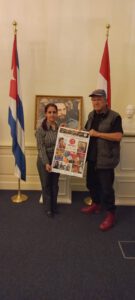
















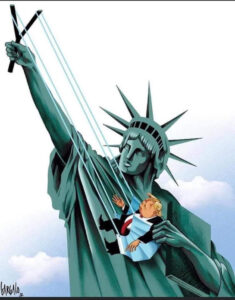







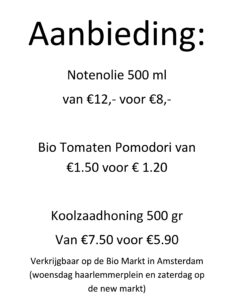


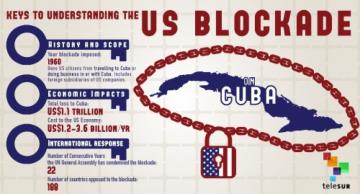

 Instrumenten gevraagd voor kinderen project op Cuba.
Met deze kinderen van de Mariachi:
Los aztecas del balcon, hebben we een nieuwe CD opgenomen
t.w, La Paloma Wendy. (24 nummers)
Zij vertolken op een zeer bijzondere manier de Mariachi Liederen op Cuba-Las Tunas.
Voor deze groep zoeken wij verschillende instrumenten, o.a. Viool, Accordeon, Gitaar , trompet en Laptop.
Graag uw reactie naar wvcuba@Hotmail.com of naar Willem 06-50994645.
Hartelijk dank.
Willem Veldhoven.
Instrumenten gevraagd voor kinderen project op Cuba.
Met deze kinderen van de Mariachi:
Los aztecas del balcon, hebben we een nieuwe CD opgenomen
t.w, La Paloma Wendy. (24 nummers)
Zij vertolken op een zeer bijzondere manier de Mariachi Liederen op Cuba-Las Tunas.
Voor deze groep zoeken wij verschillende instrumenten, o.a. Viool, Accordeon, Gitaar , trompet en Laptop.
Graag uw reactie naar wvcuba@Hotmail.com of naar Willem 06-50994645.
Hartelijk dank.
Willem Veldhoven.
 Heeft u plannen om naar Cuba te gaan?
Heeft u plannen om naar Cuba te gaan?
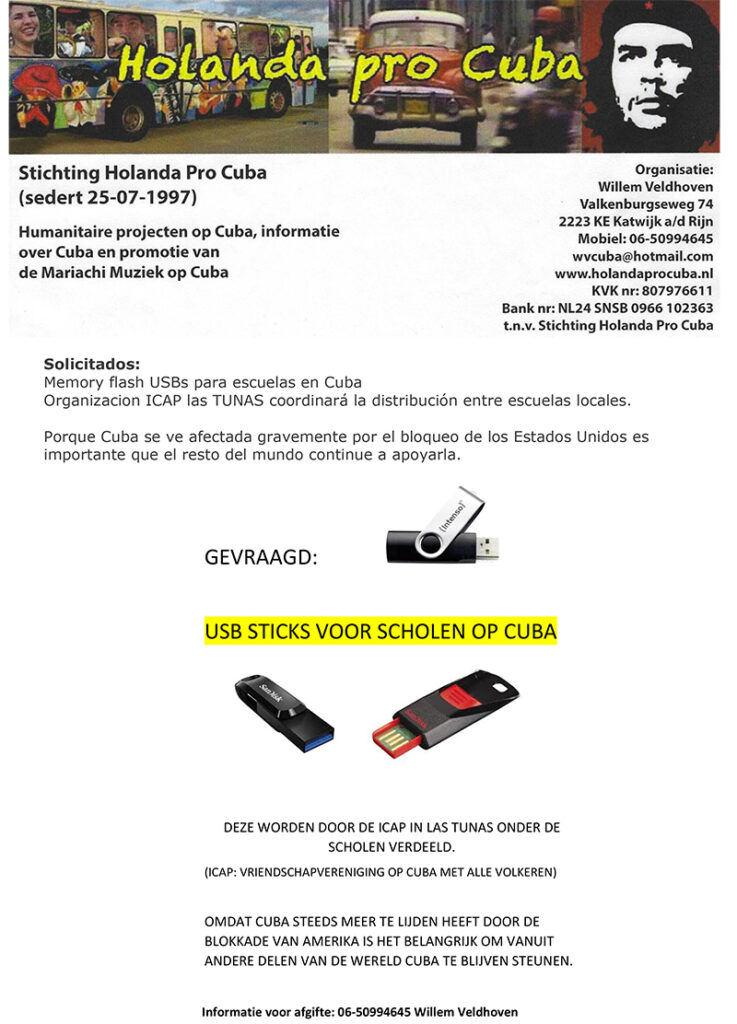






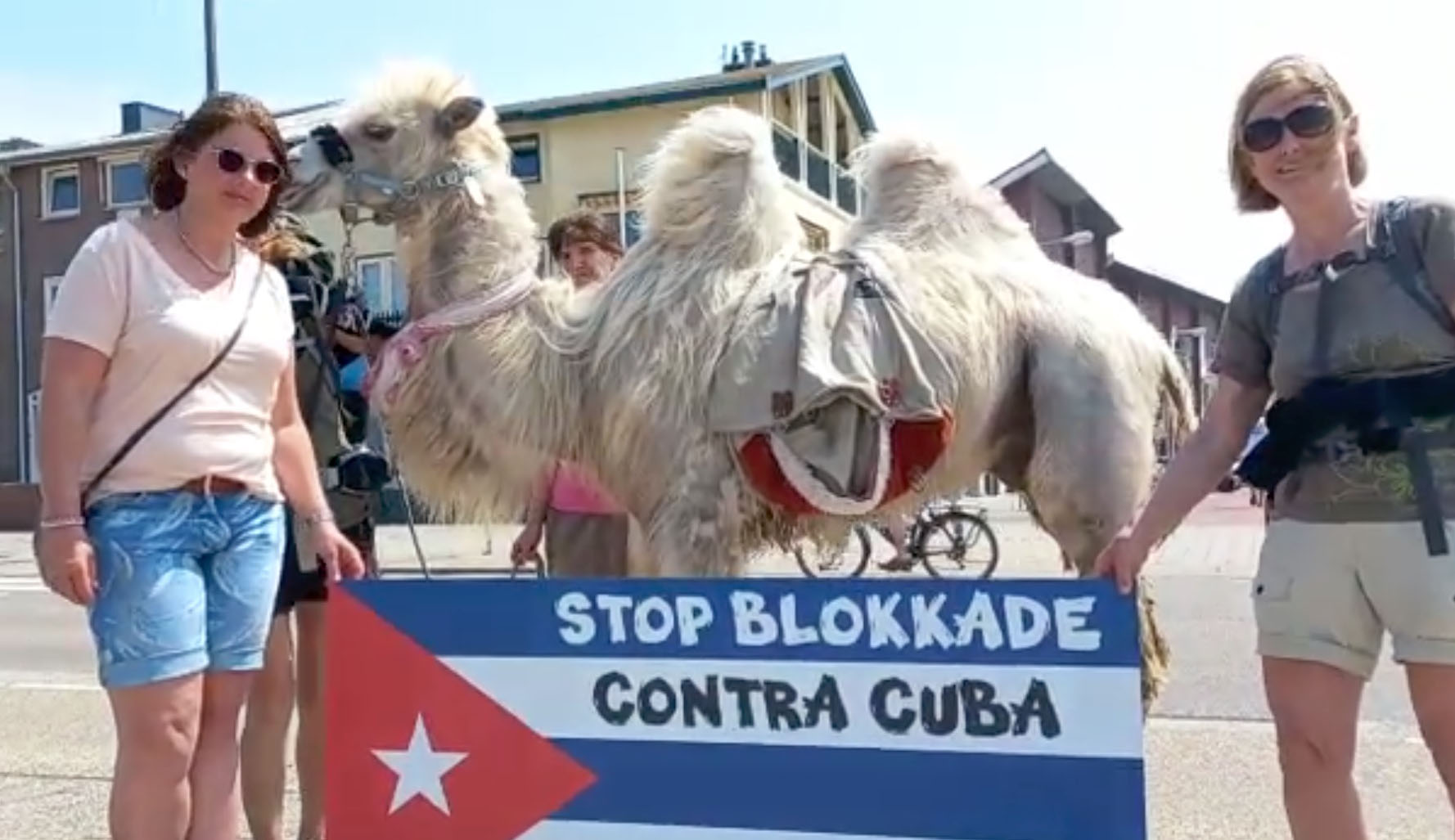

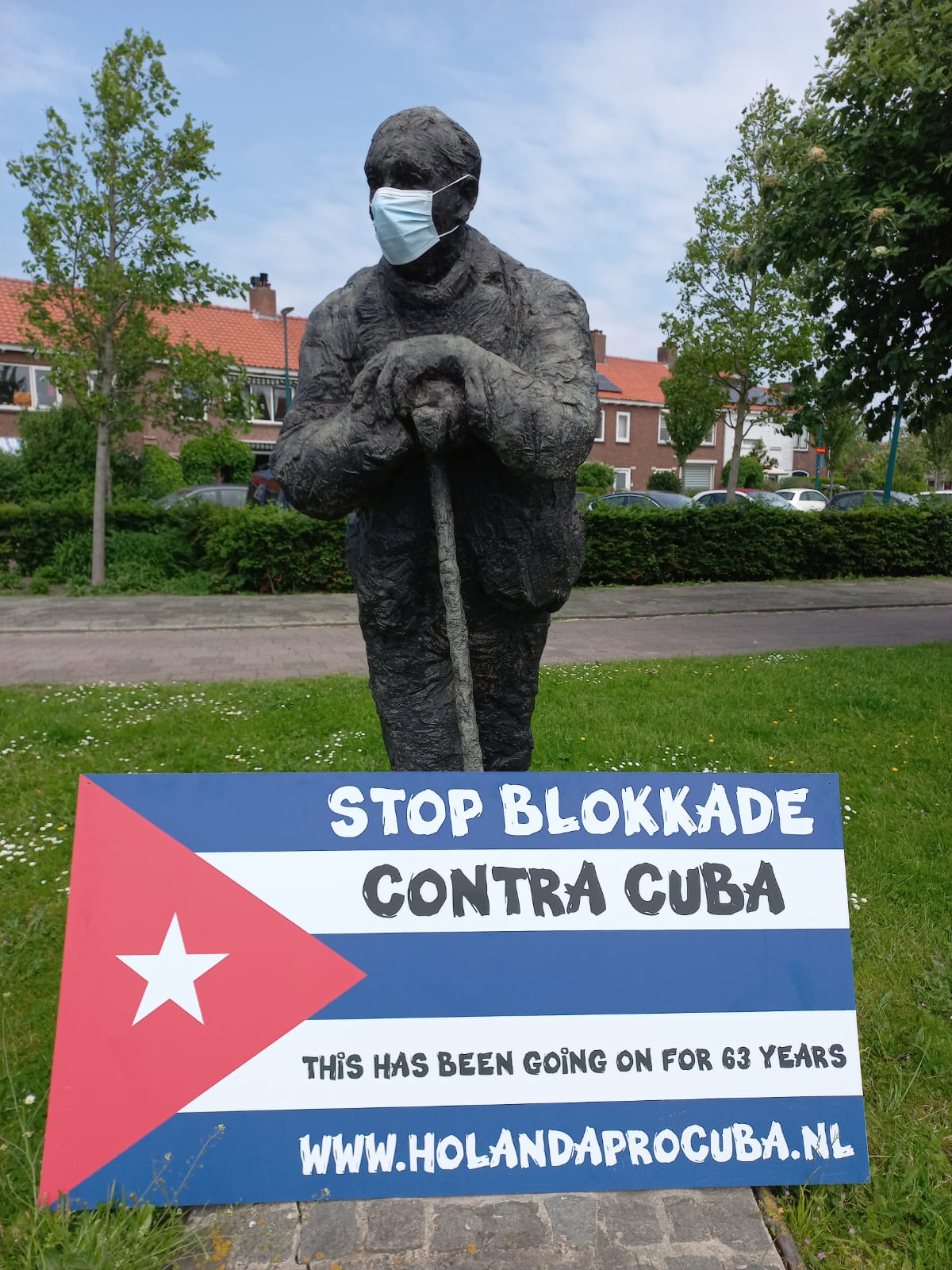
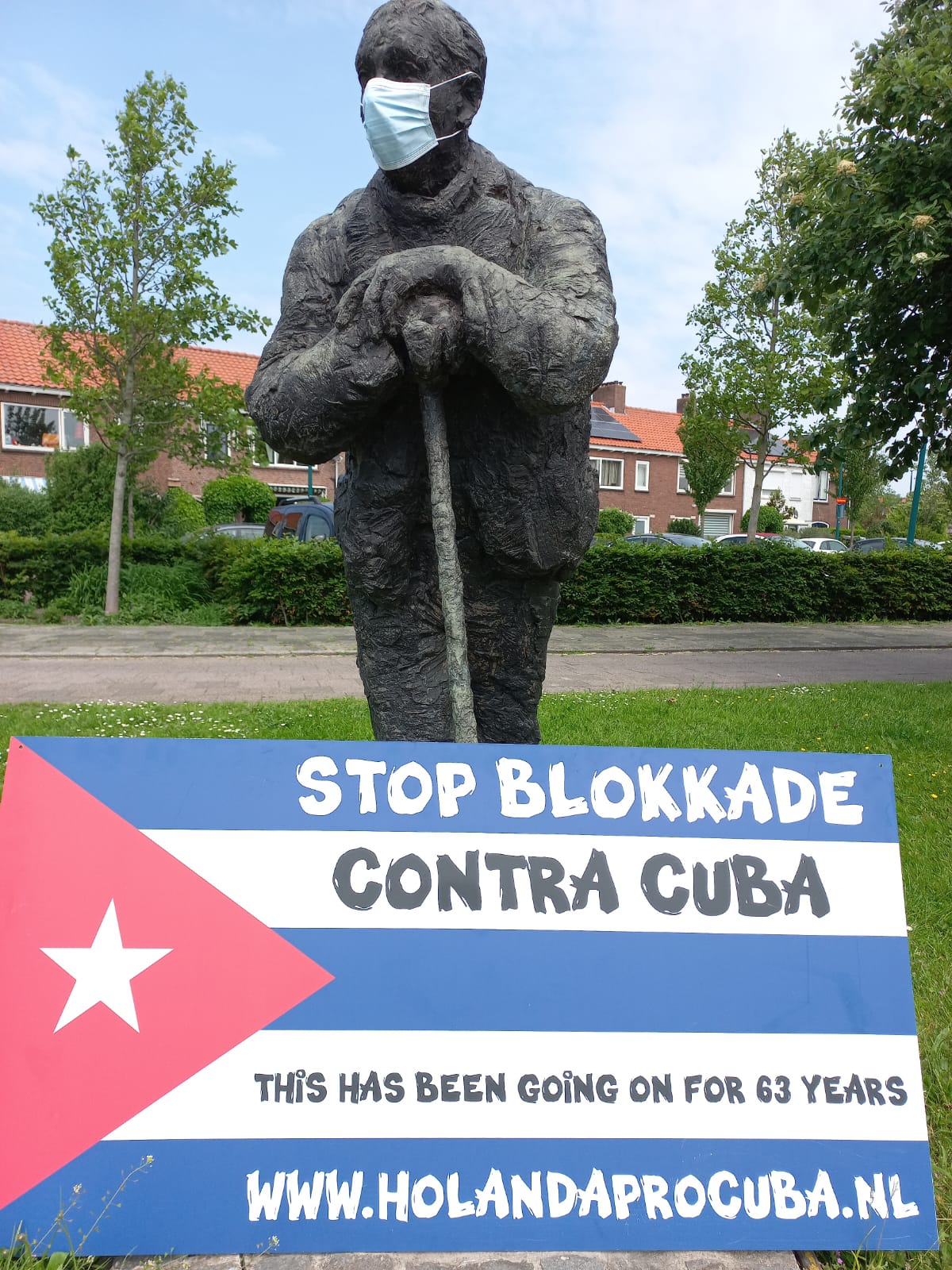
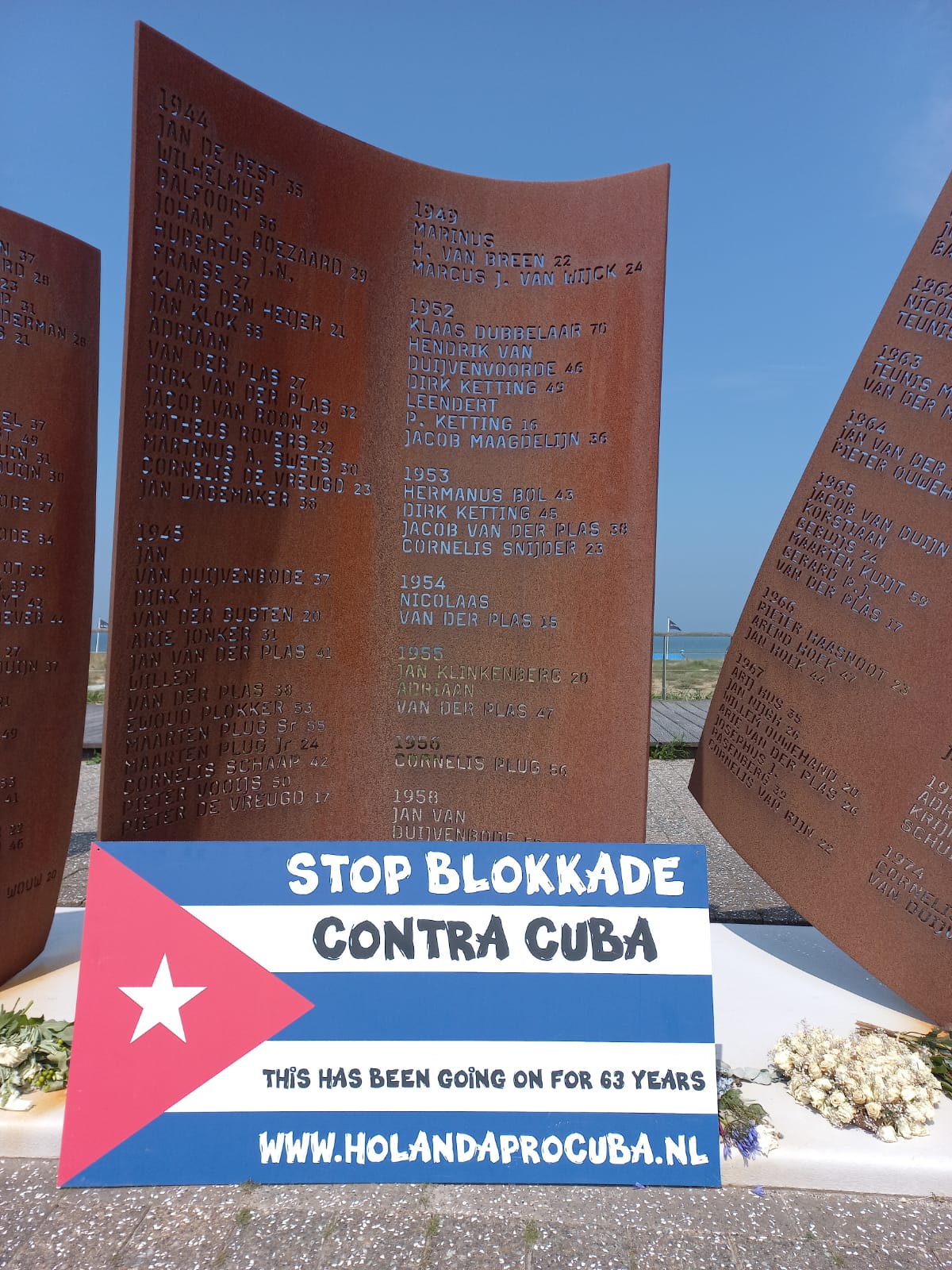
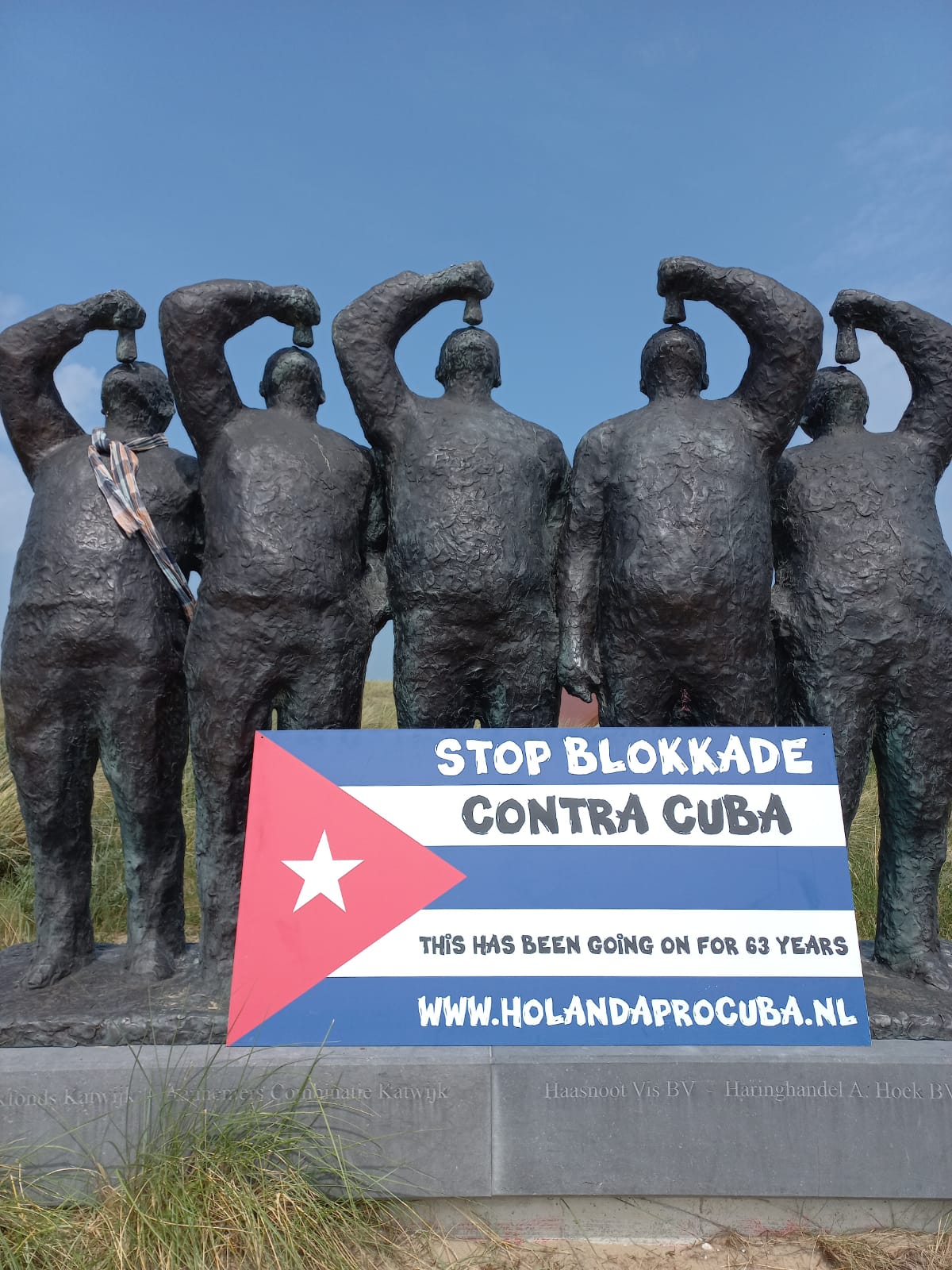
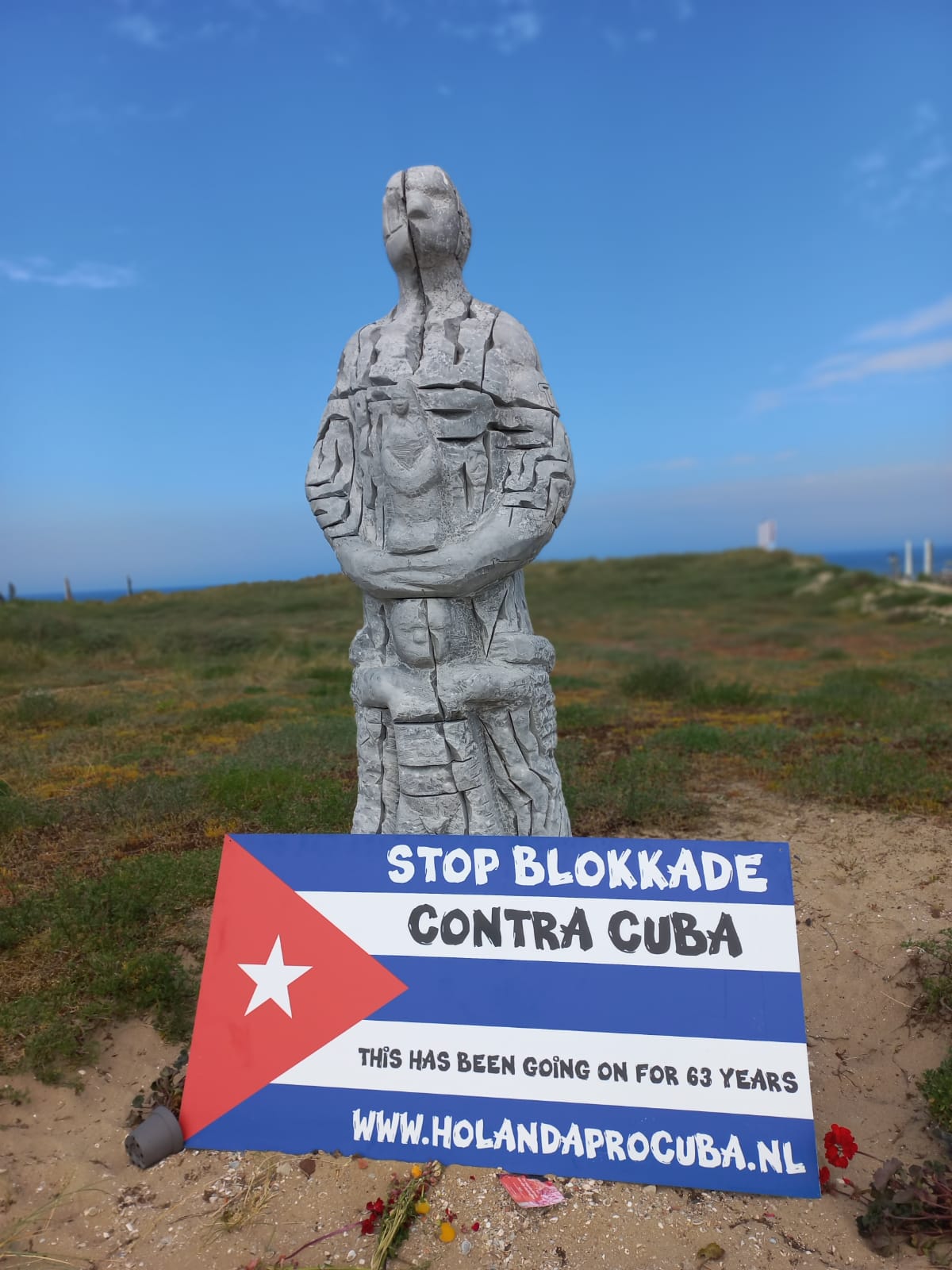
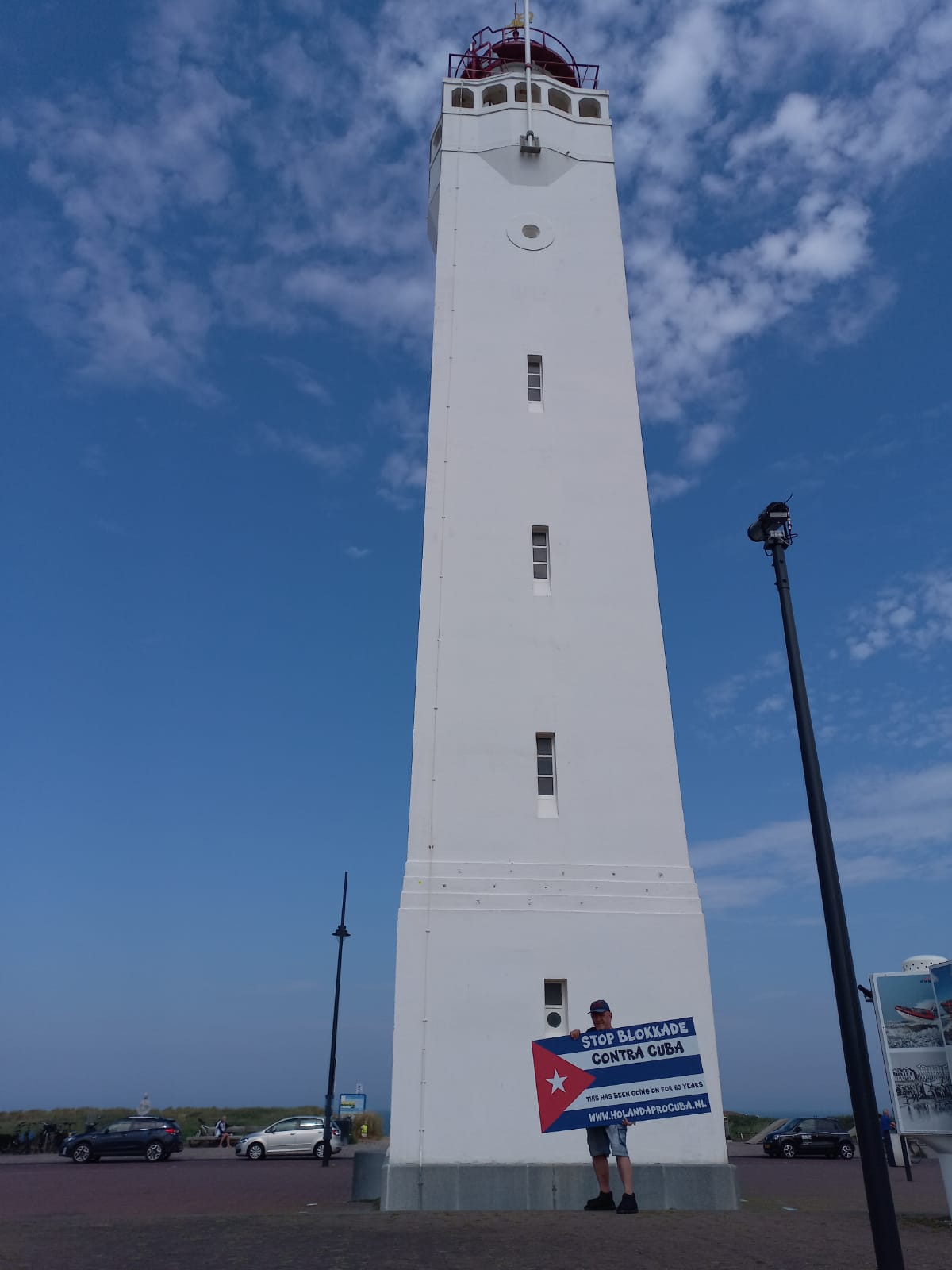





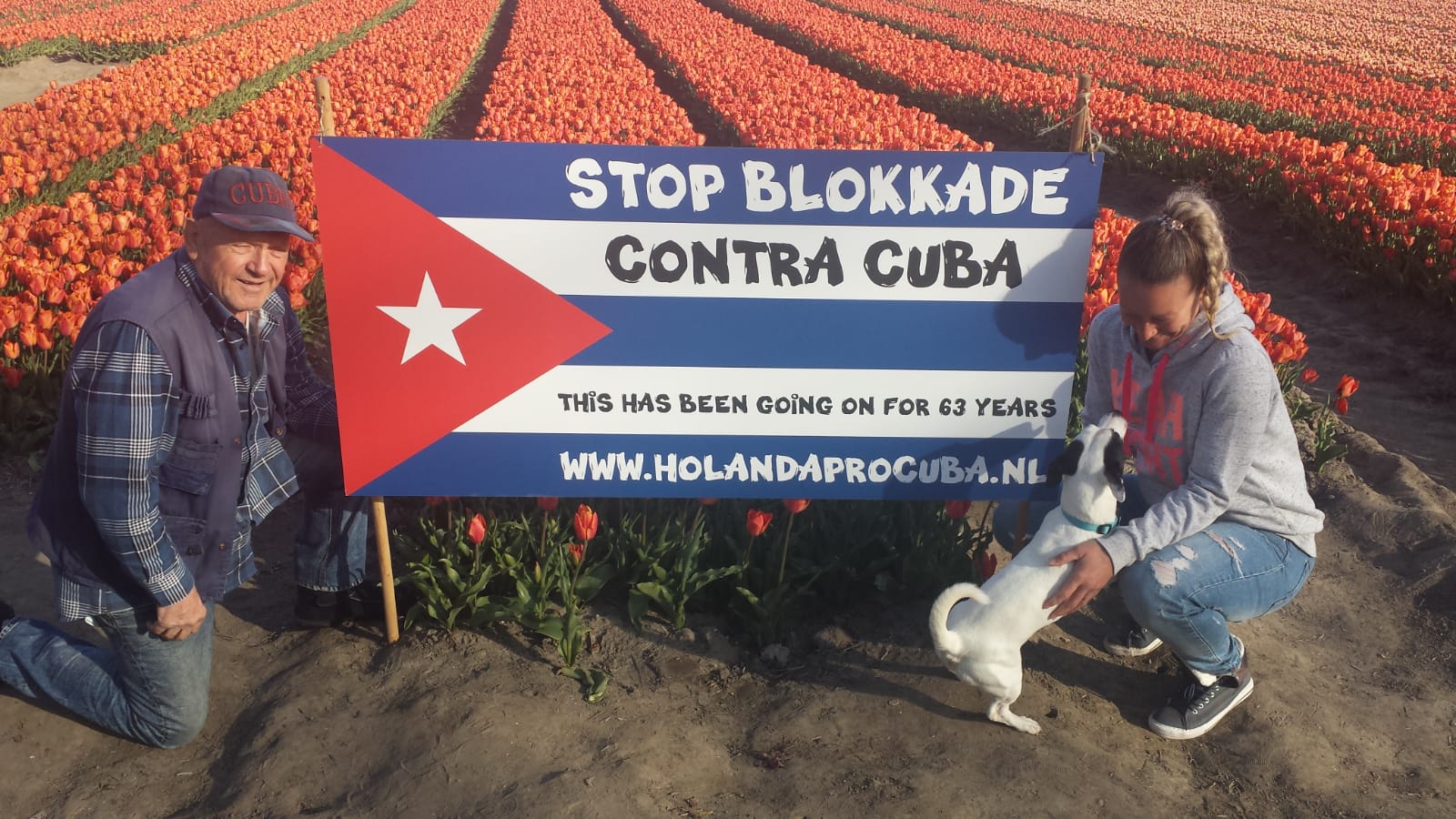
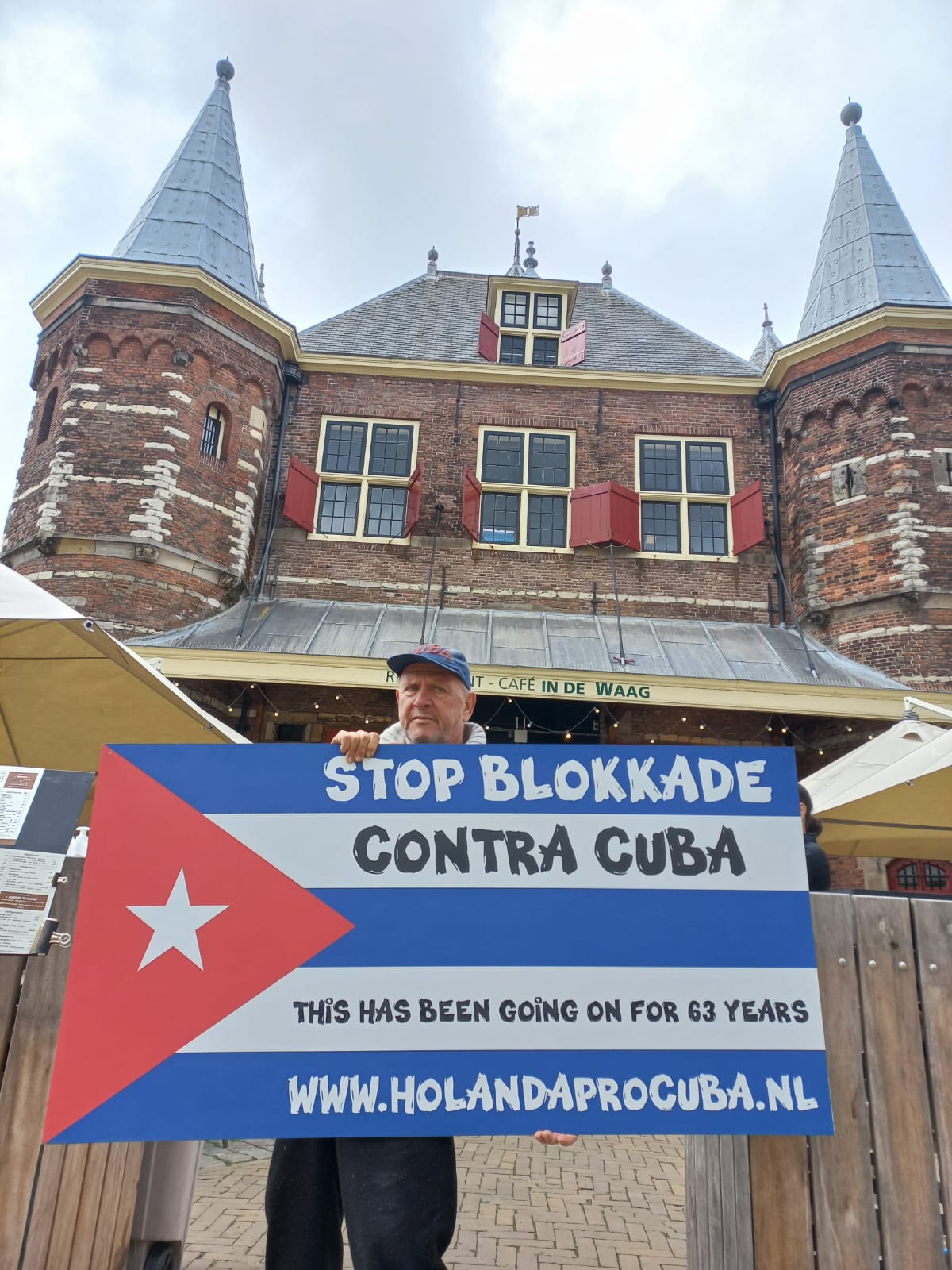


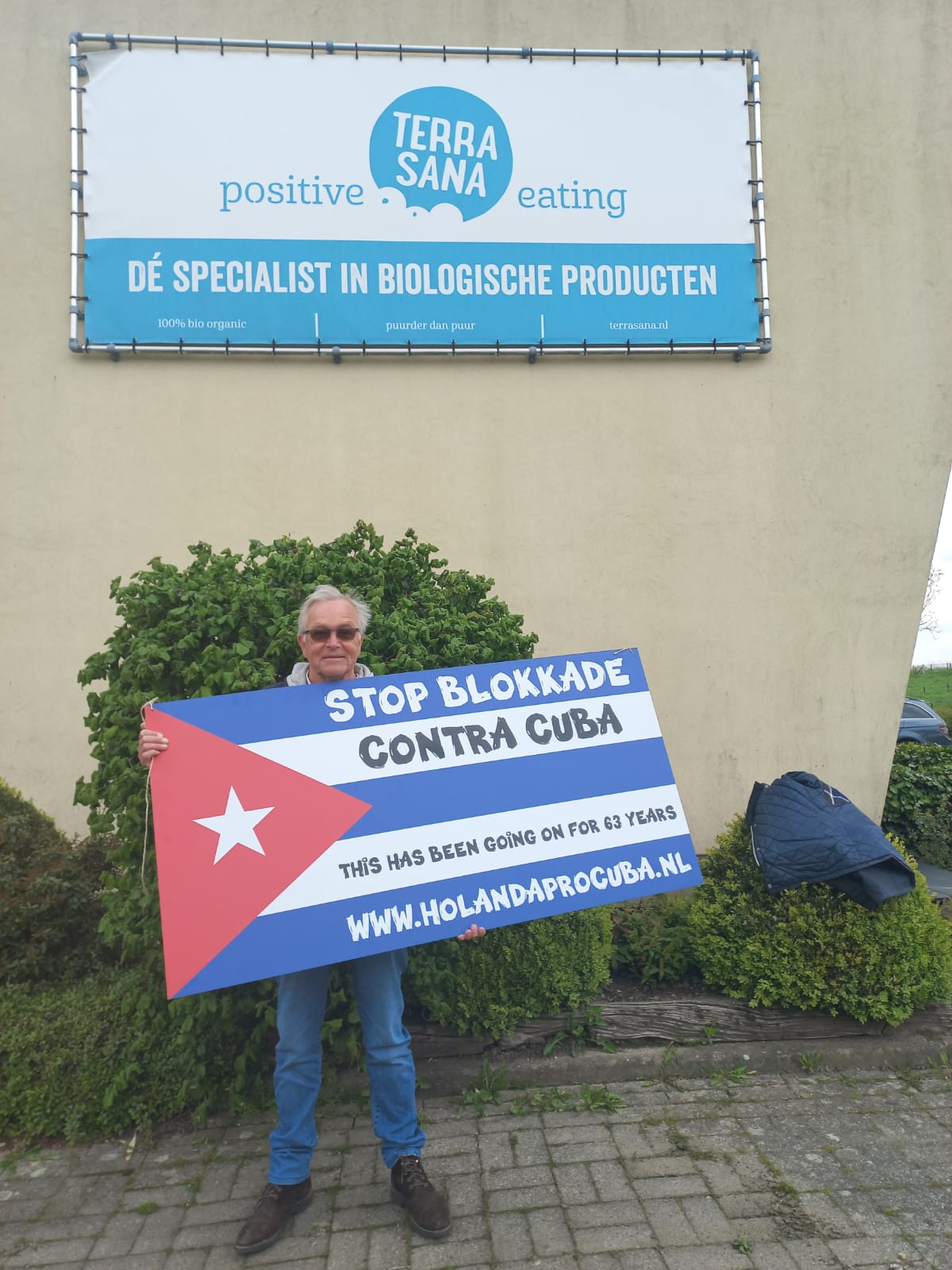
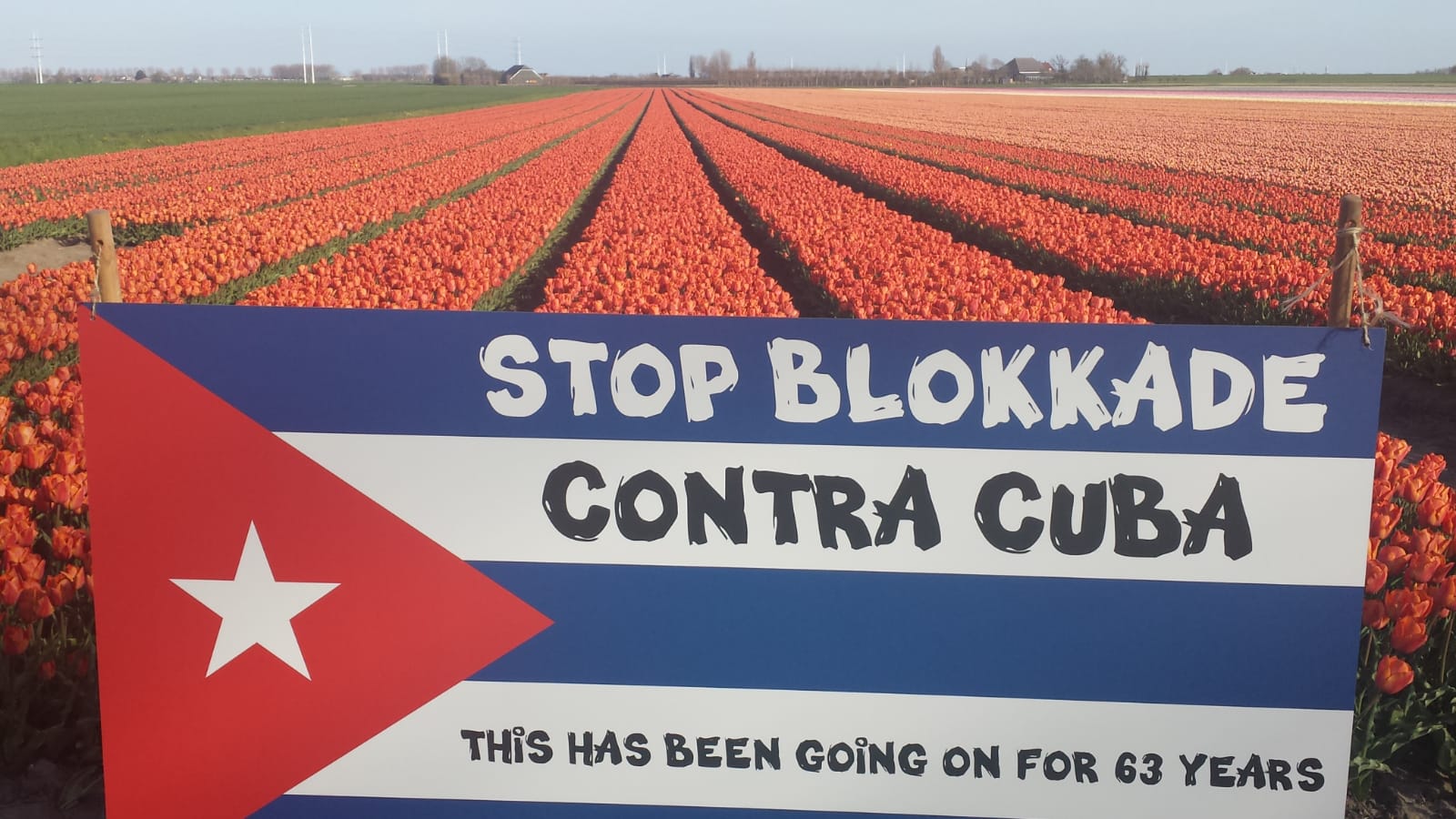
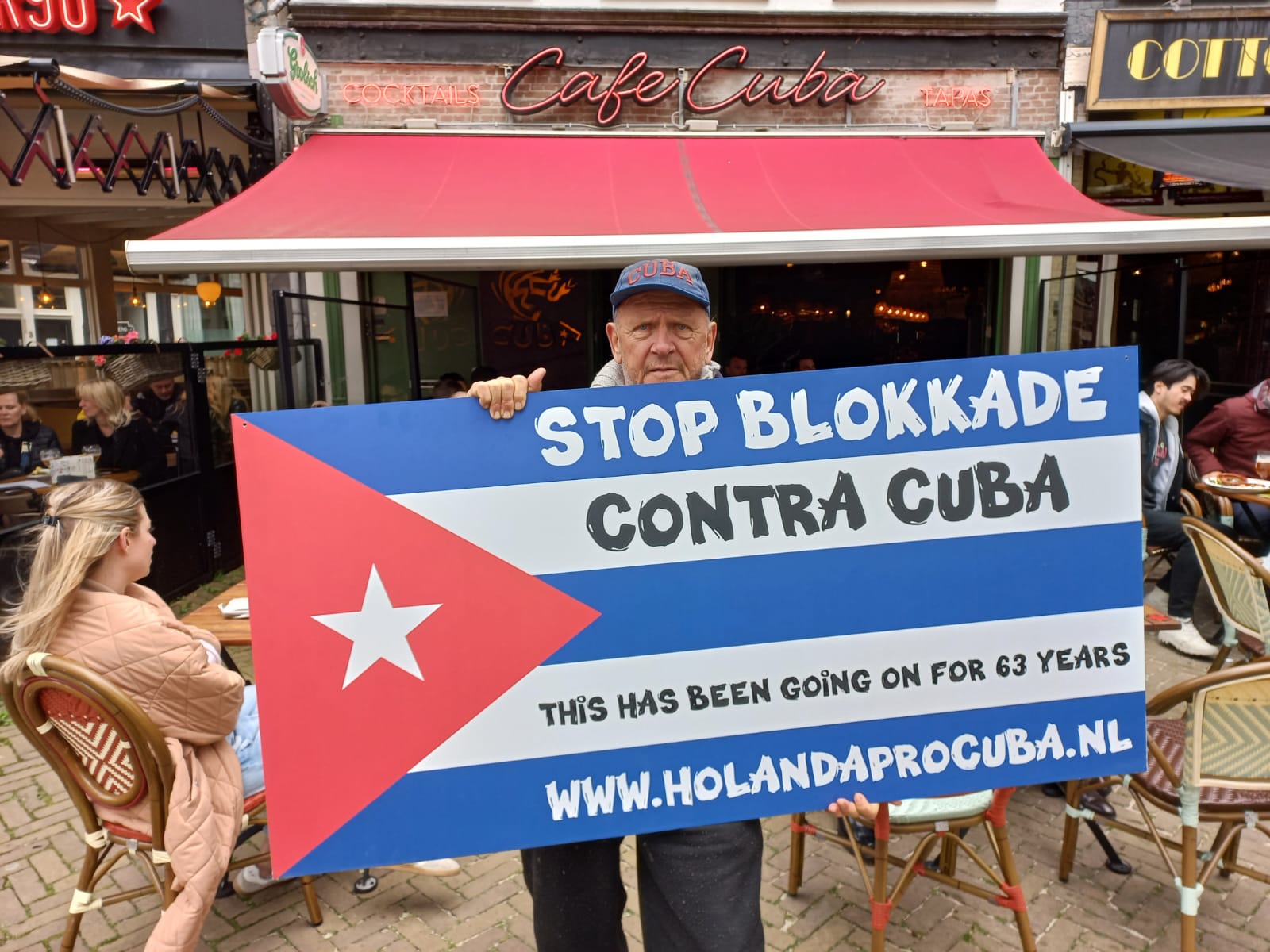
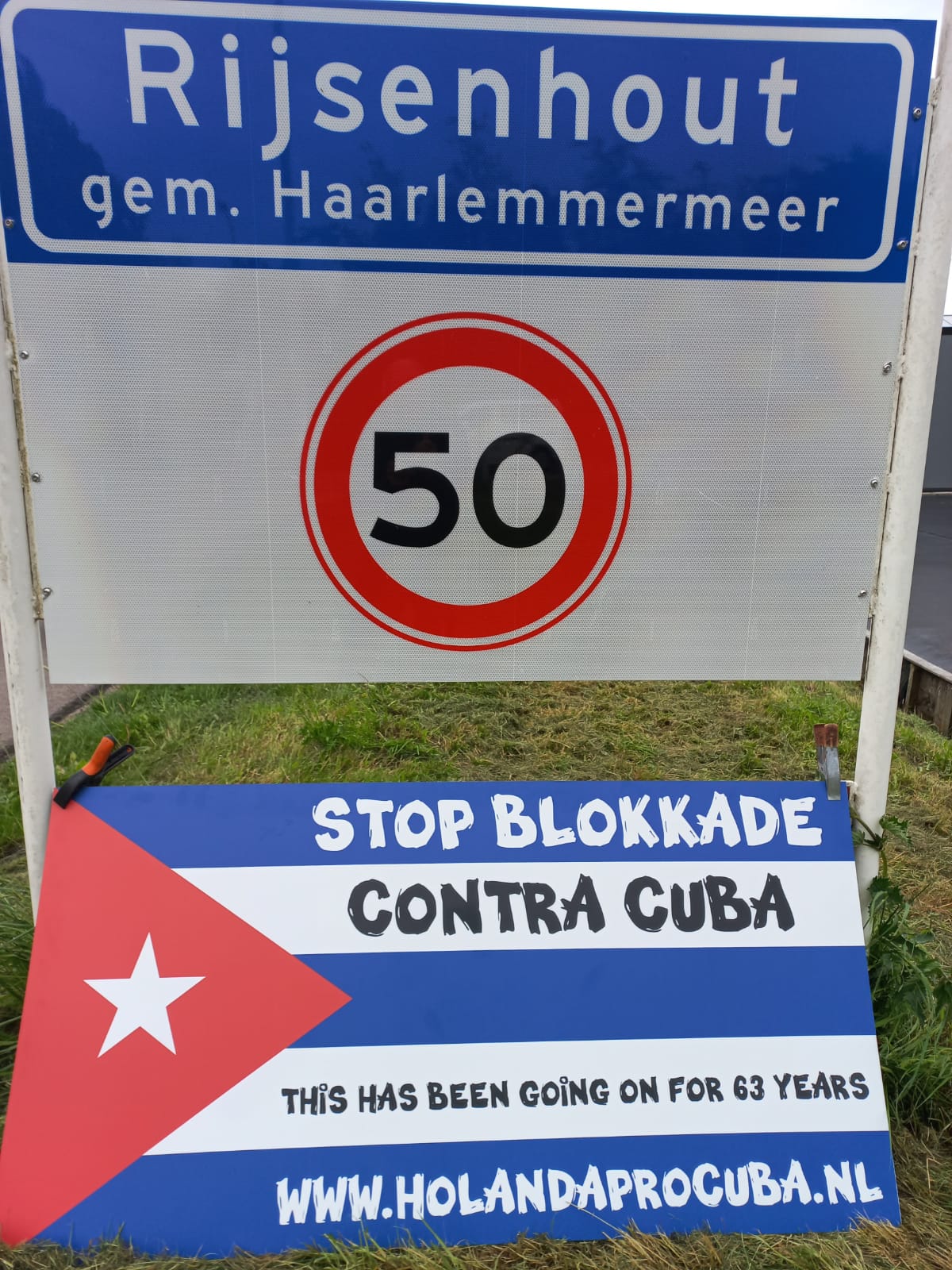
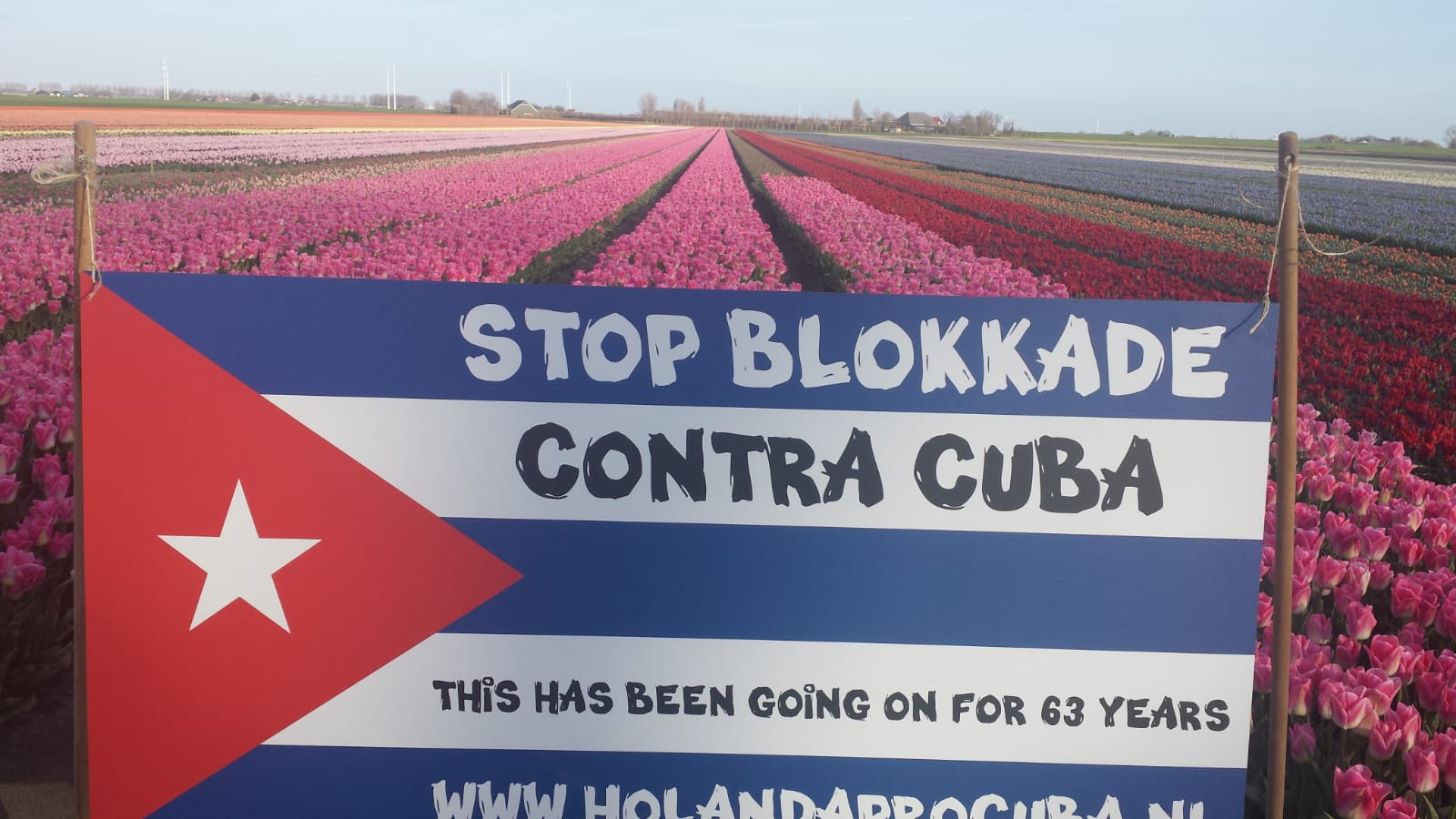
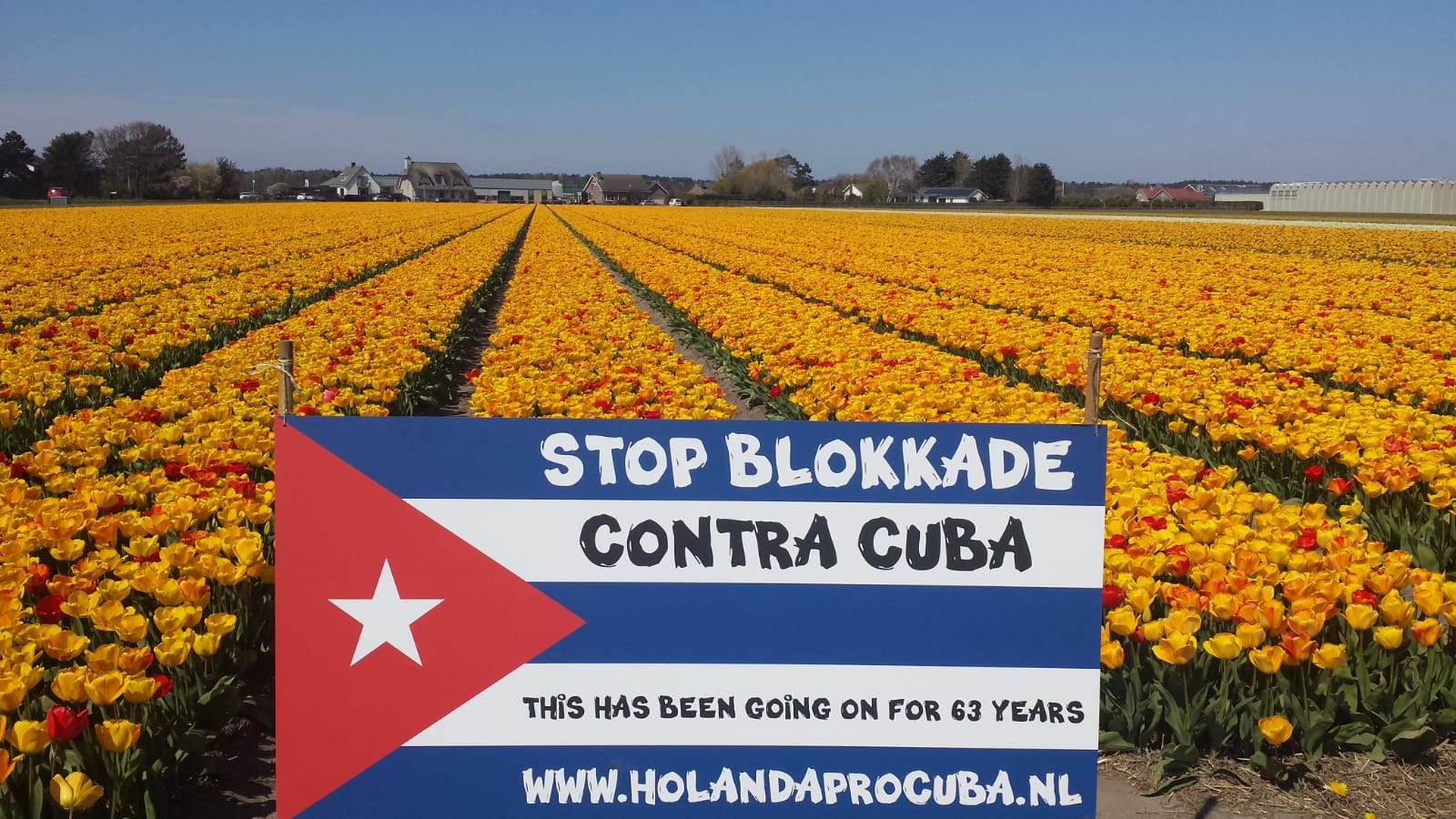
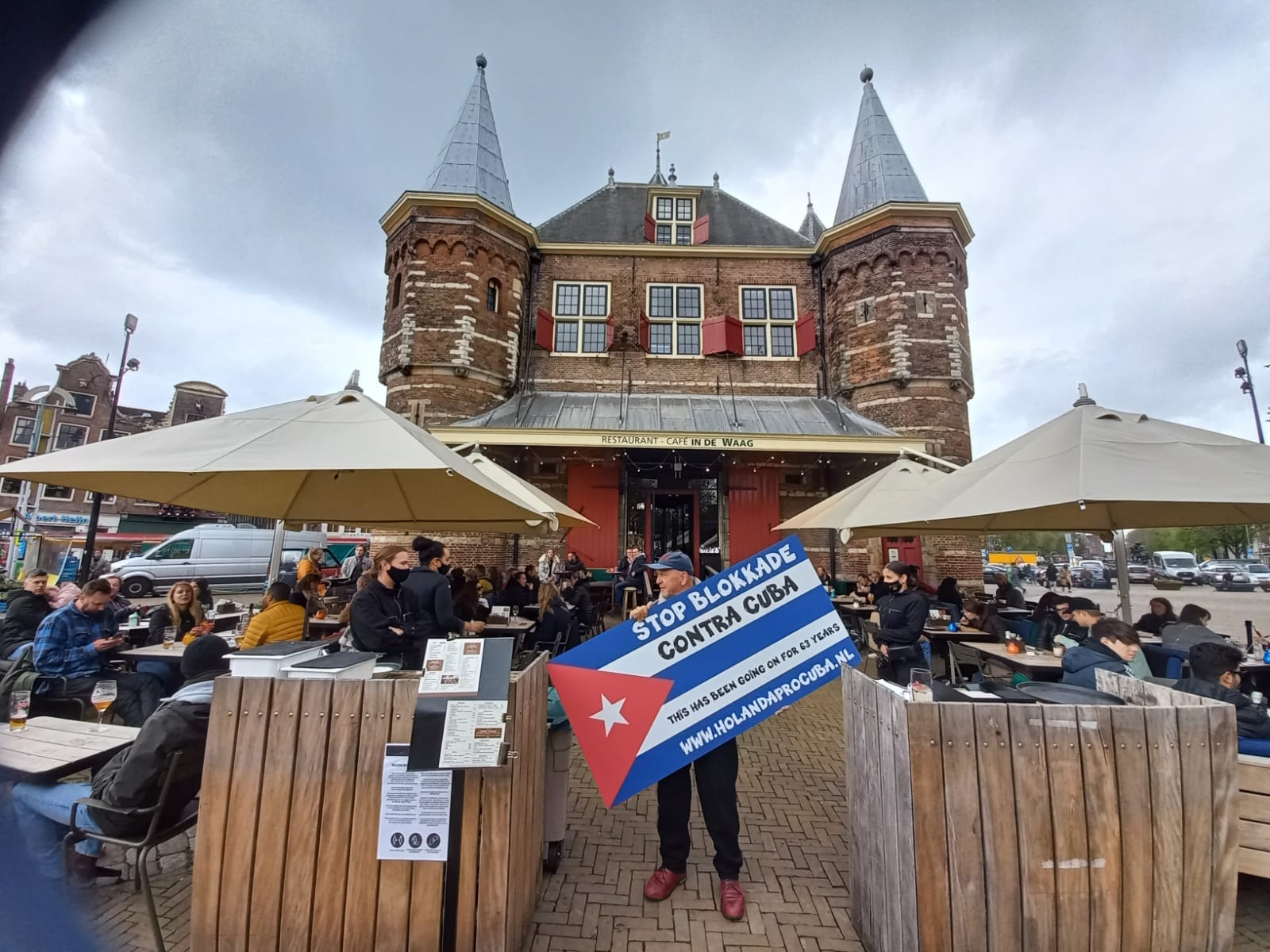

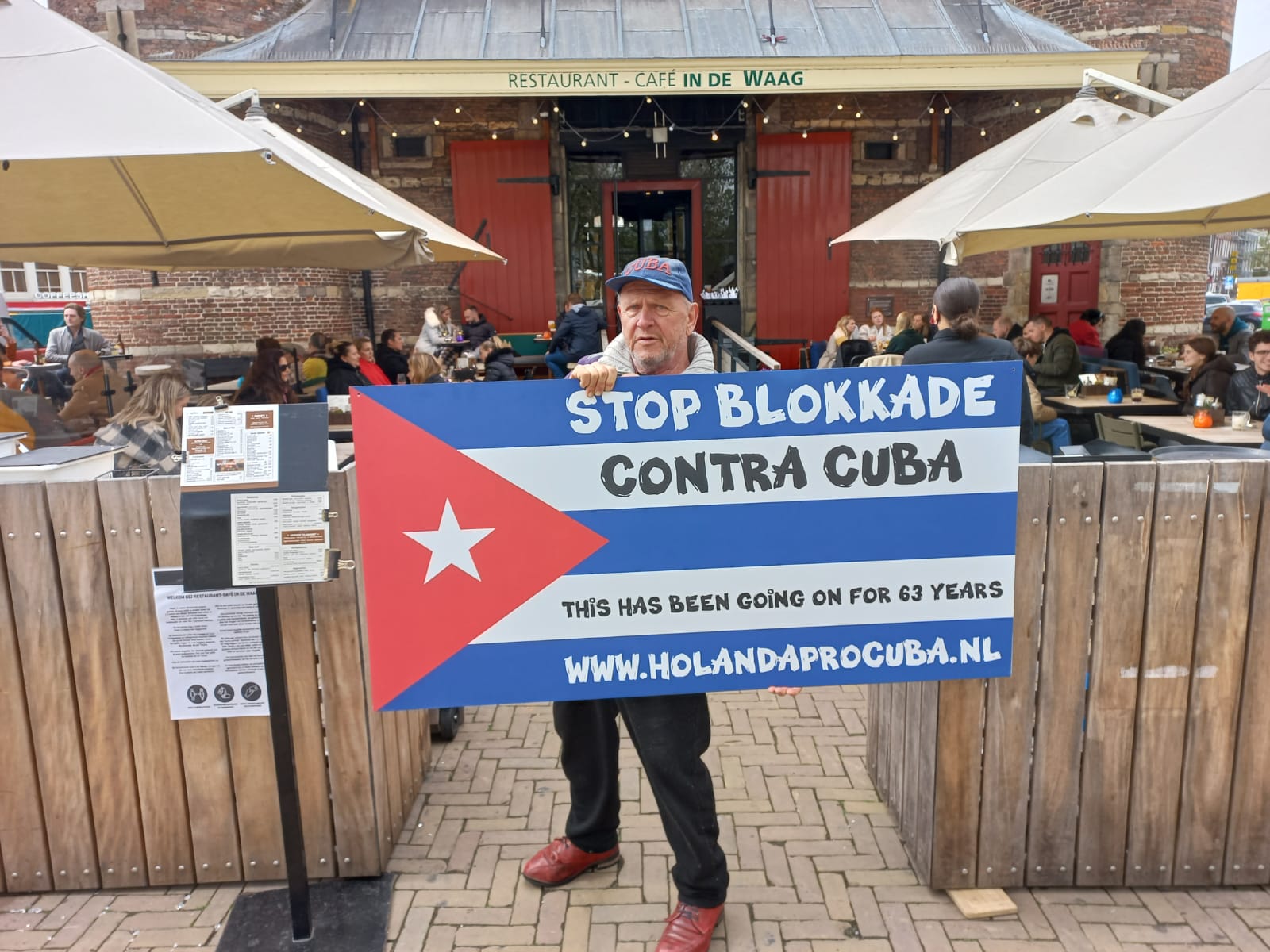
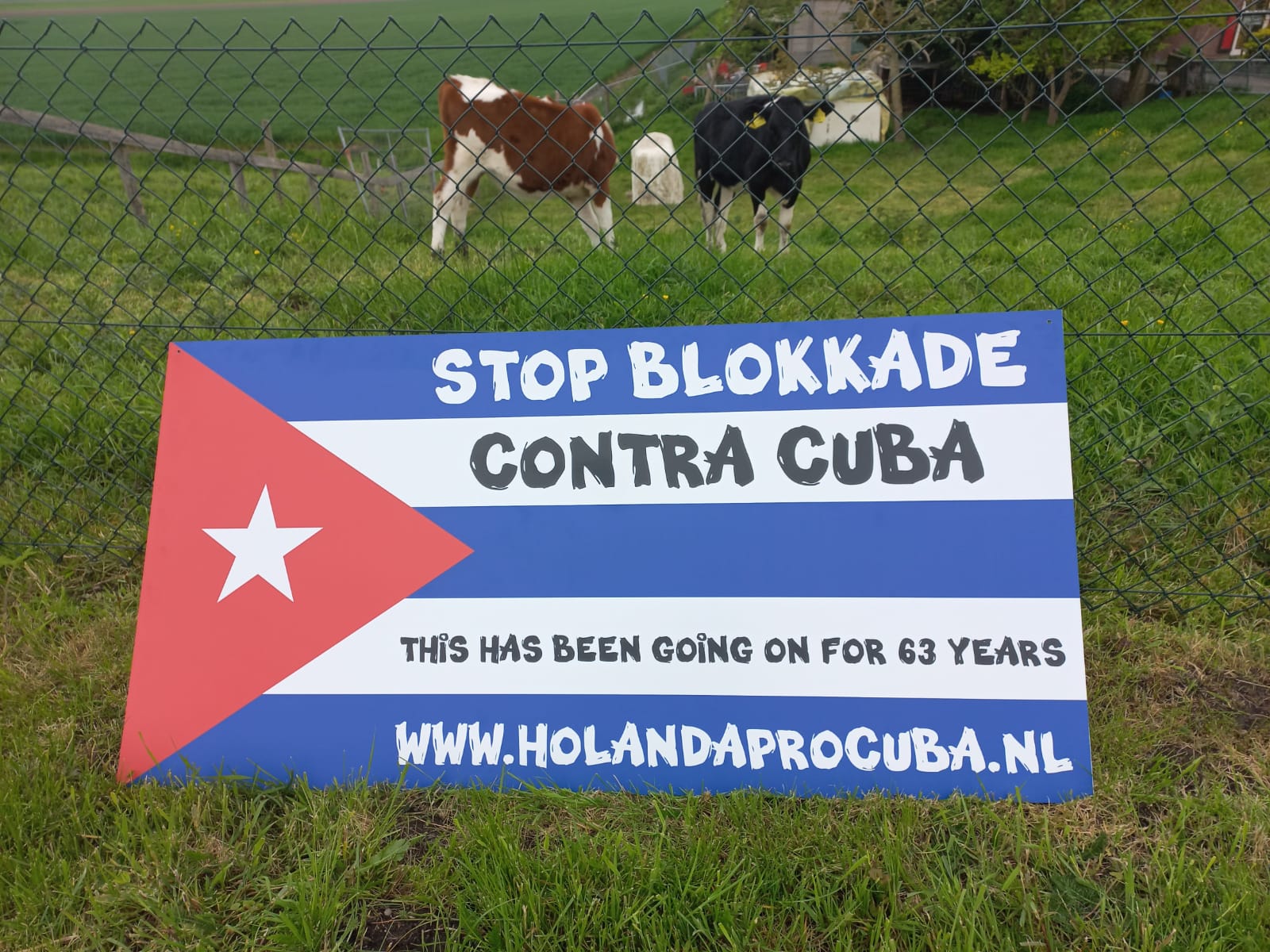
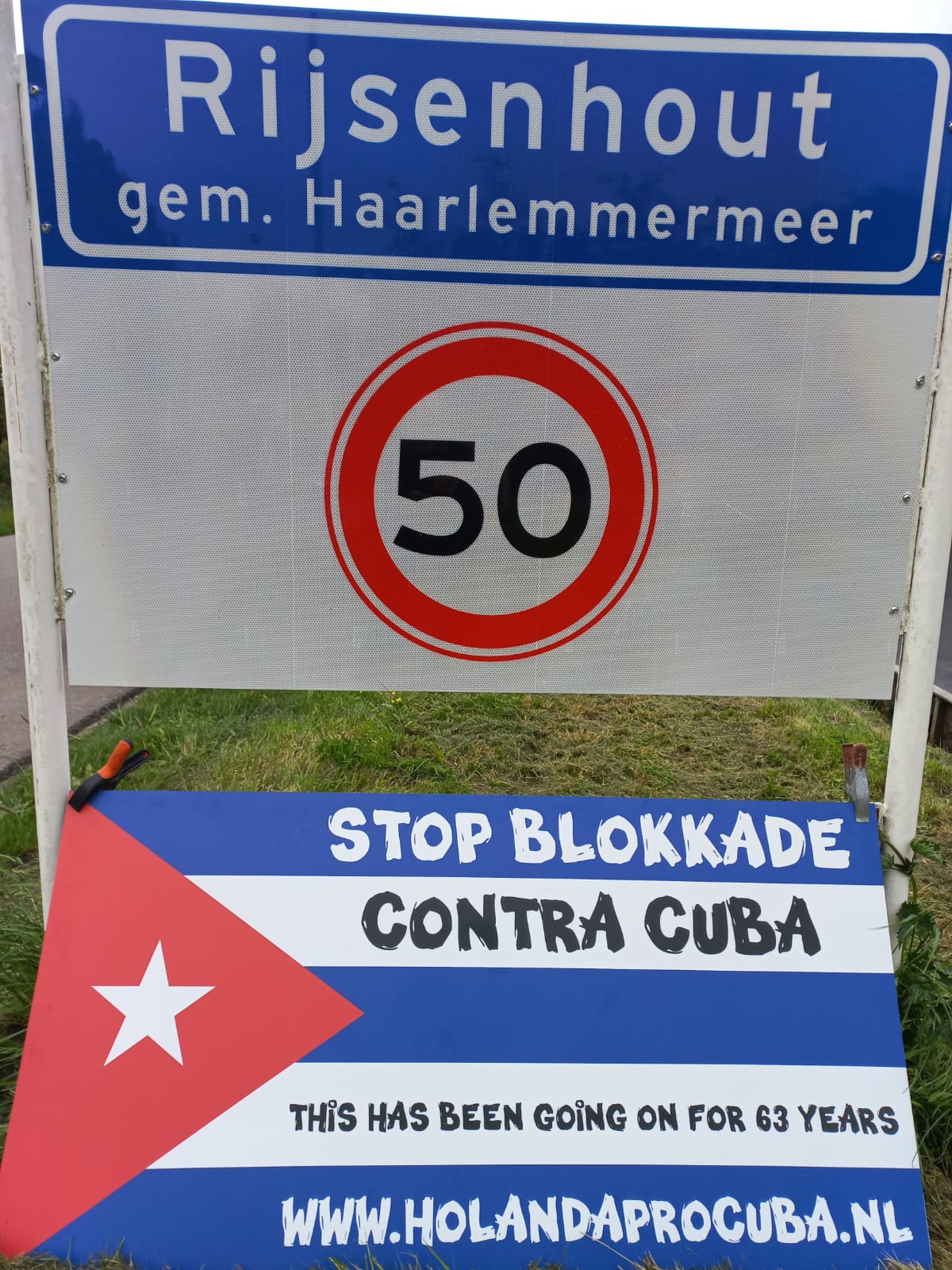
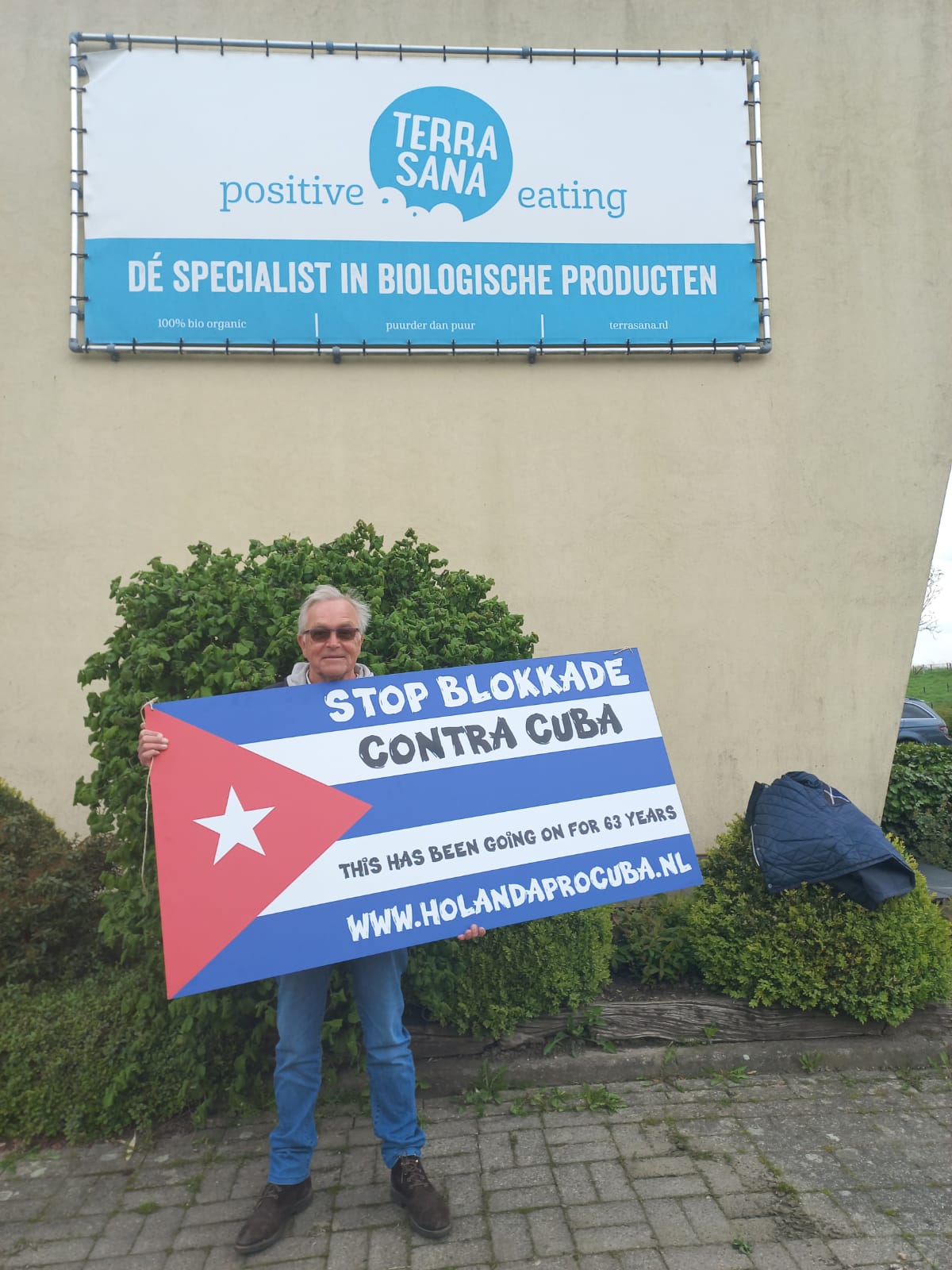
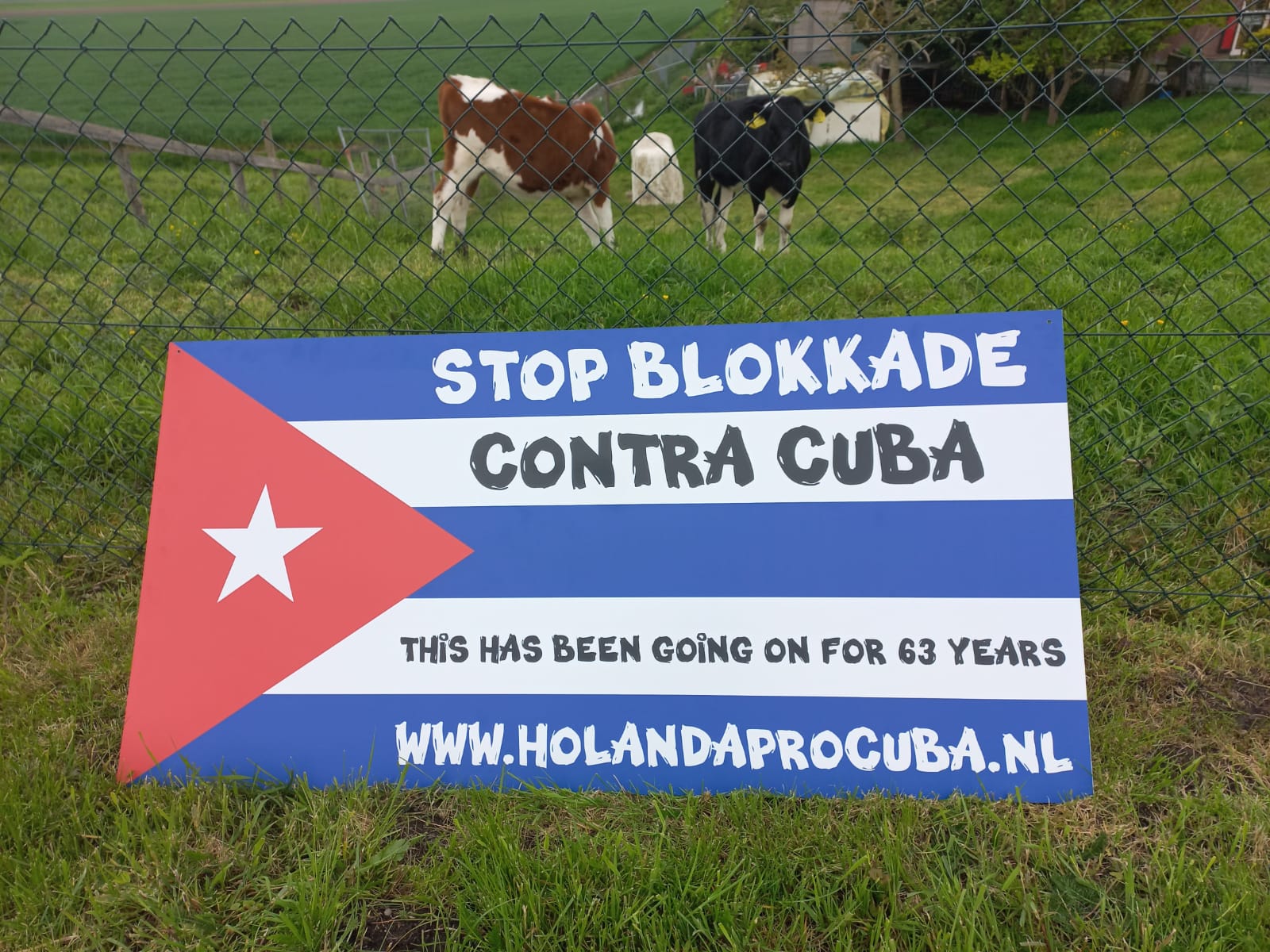

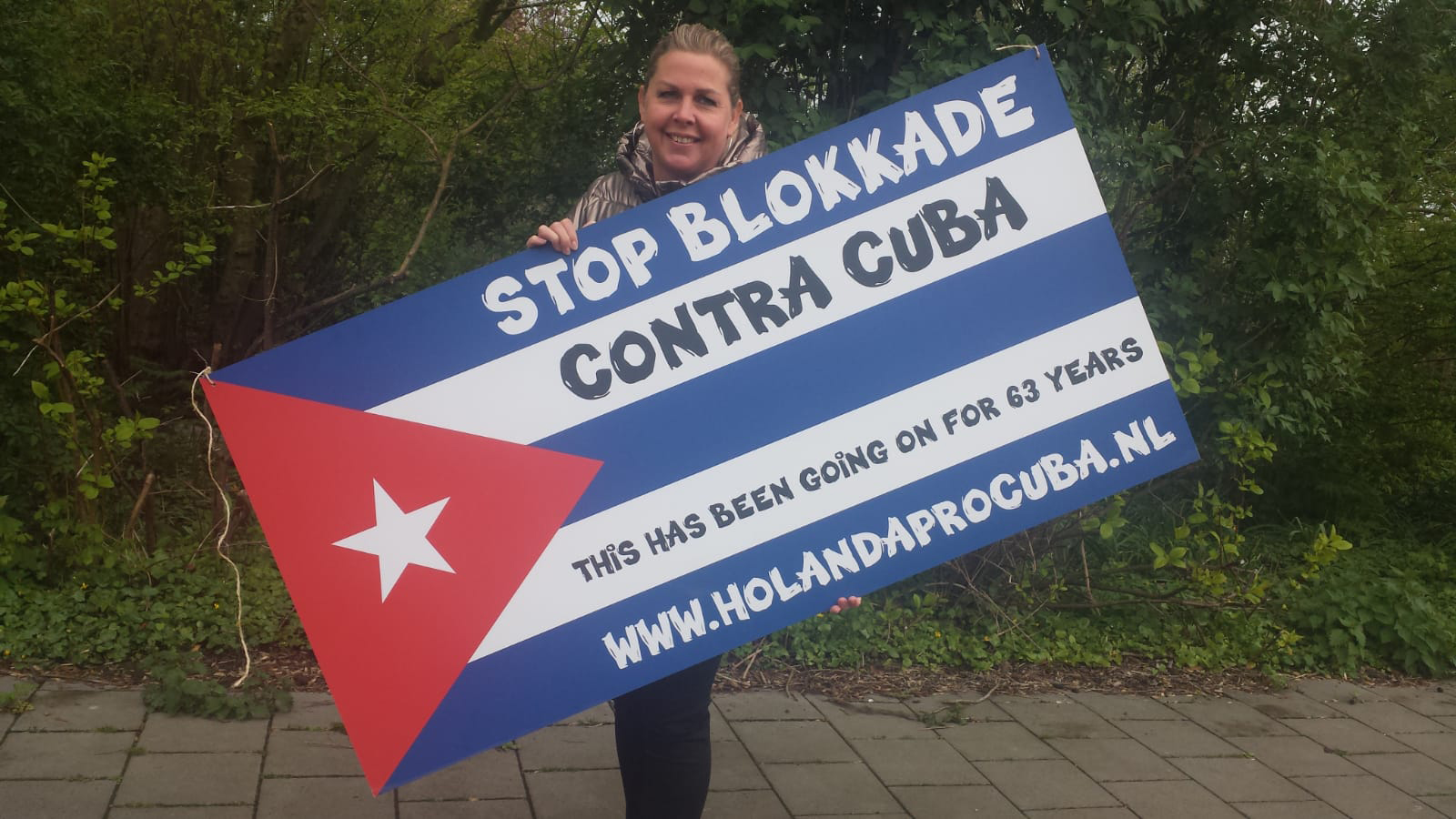
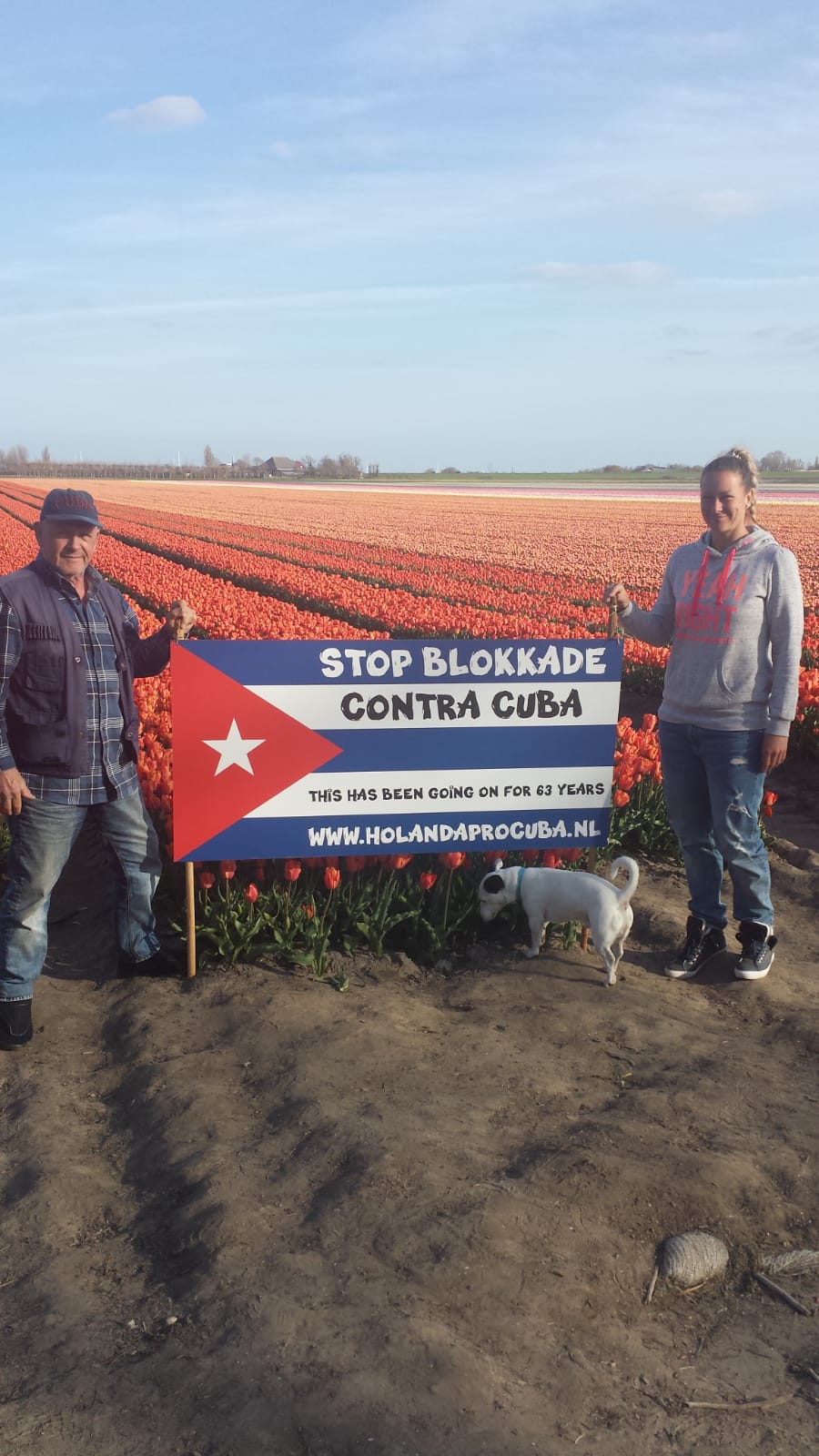
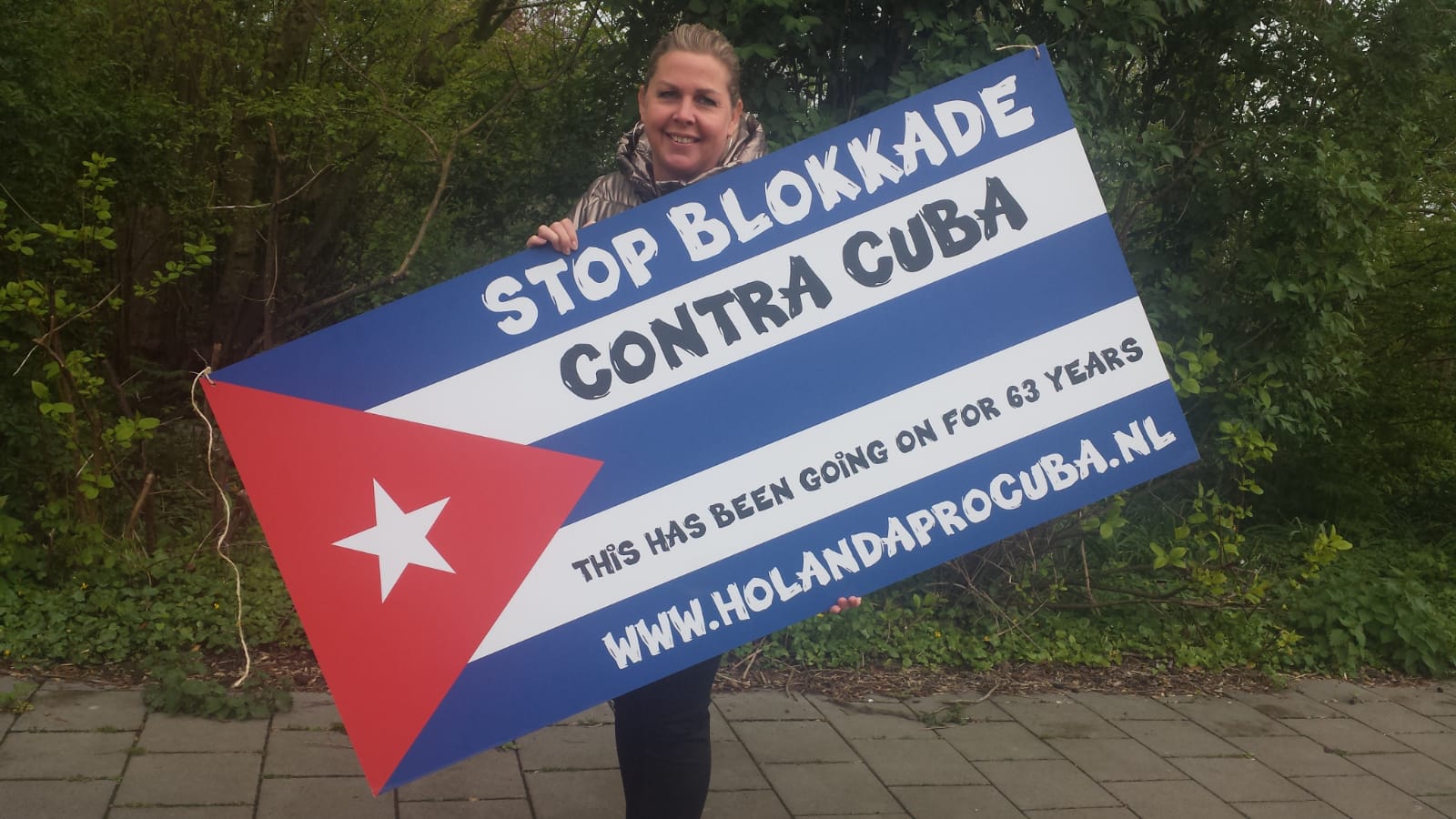
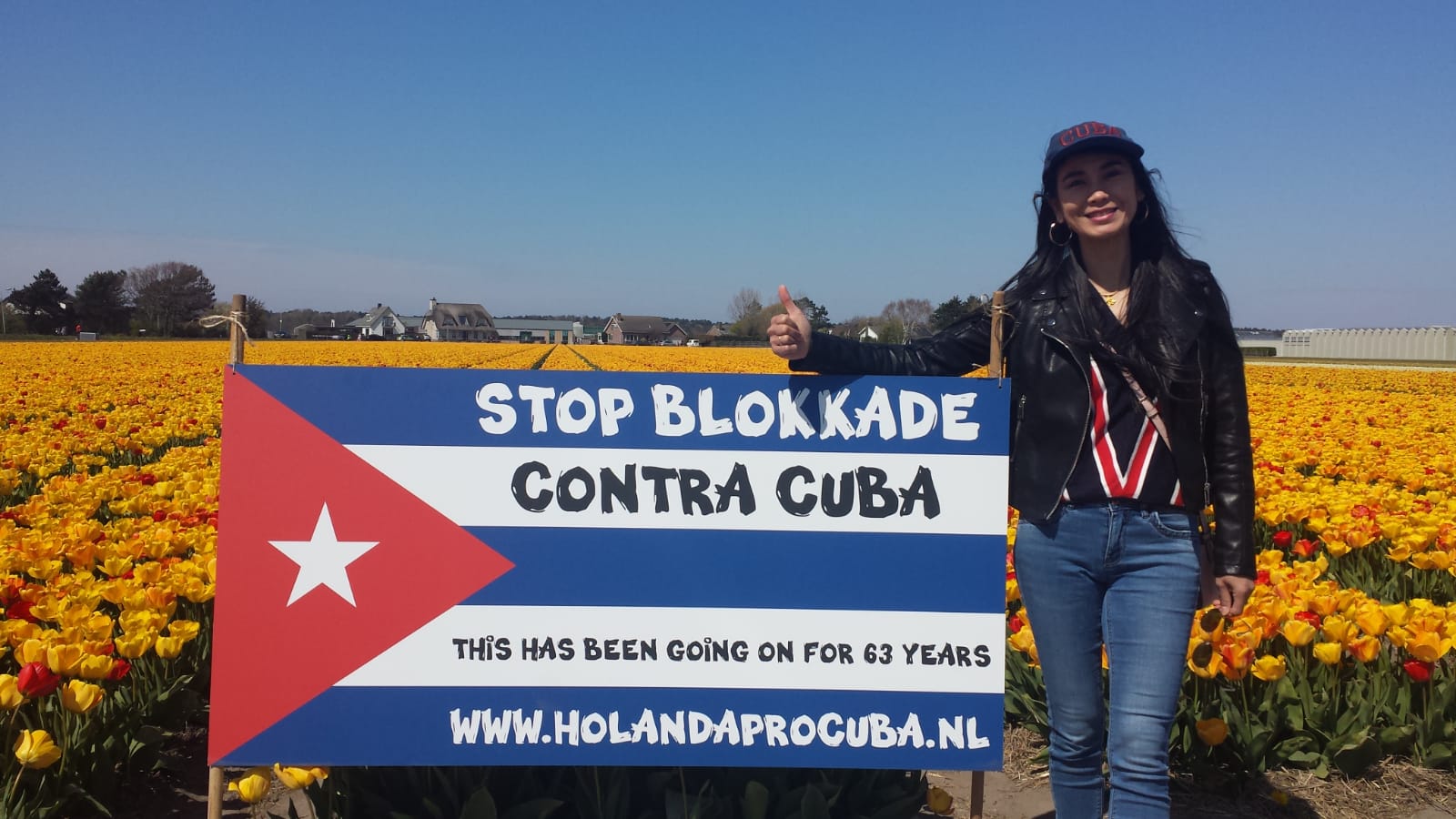


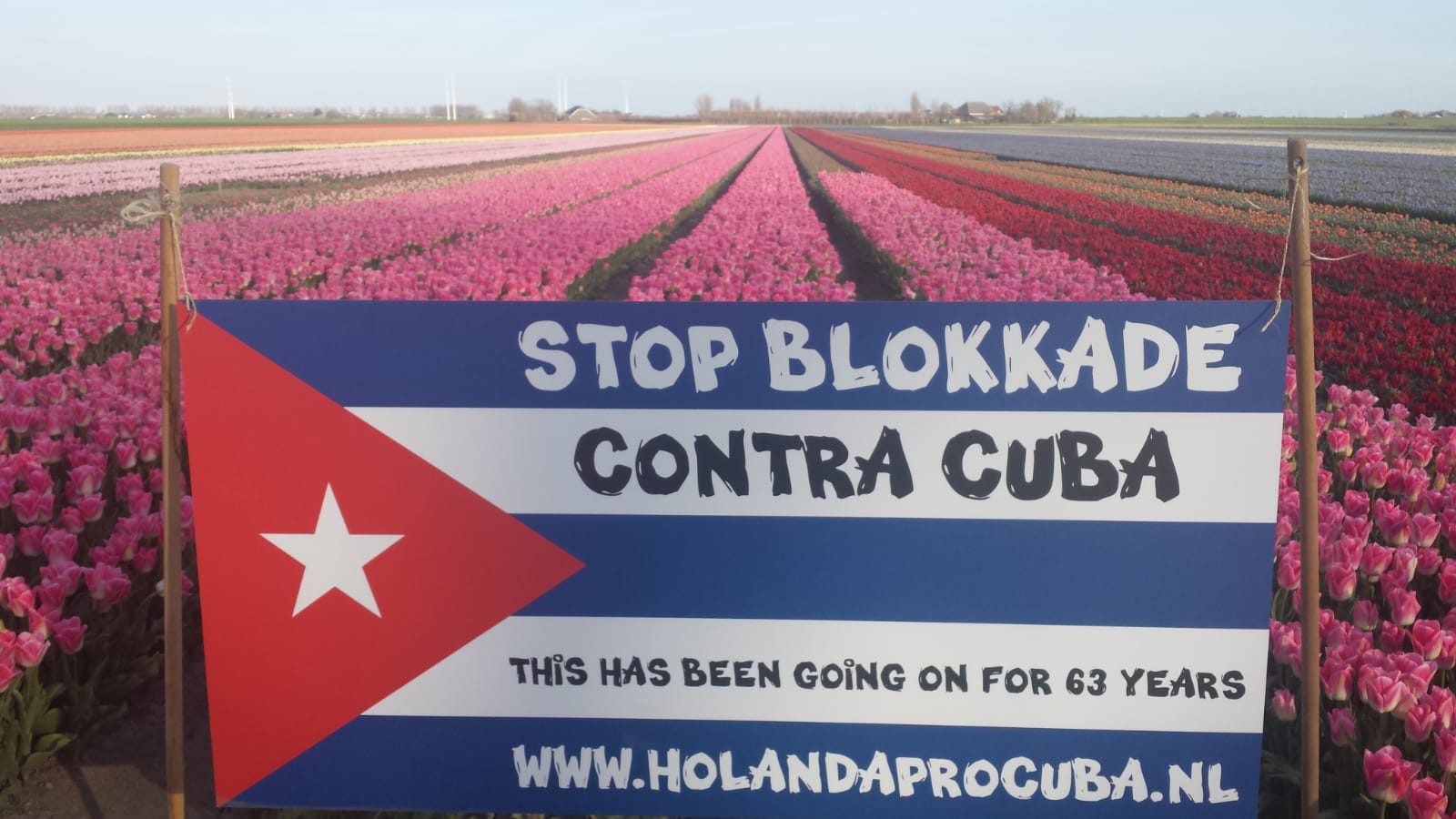

















 NEW heerlijke bittere bio sinaasappel Marmelade met 30 % honing of met 30 % bio rietsuiker. Home made .Ik kan nog niet naar Cuba, dan maar hier Marmelade maken voor kleinschalige projecten op Cuba. Bij Willem op de markt . Waar? 06 50994645
NEW heerlijke bittere bio sinaasappel Marmelade met 30 % honing of met 30 % bio rietsuiker. Home made .Ik kan nog niet naar Cuba, dan maar hier Marmelade maken voor kleinschalige projecten op Cuba. Bij Willem op de markt . Waar? 06 50994645






